Description
Introduction to Railway Line Bagga Marh
Bagga Marh and RS Pura are locations in the Jammu region of Jammu and Kashmir, India. These areas are part of a region known for its agricultural productivity, particularly for growing basmati rice.
Regarding railway lines, RS Pura and nearby areas do not currently have a direct railway connection. However, the nearest major railway station is Jammu Tawi, which serves as a significant hub in the region
History of village
Bagga Marh is a village located in the Ranbir Singh Pura Tehsil of Jammu district, in the Union Territory of Jammu and Kashmir, India. While historical details about the village's specific origins are not widely documented, it is part of a region with a rich history influenced by various rulers, which shaped the cultural and social fabric of the area.
The socio-political changes during the period of 1947 had a profound impact on the local population, leading to demographic shifts and changes in community dynamics. After the partition of India and Pakistan many families from Pakistan came to India as refugees and the train services between India and Pakistan ceased. After proper verification the government allocated this railway's land in the R.S Pura region to the refugees. Thus, the village came to be known as, "Railway Line Bagga Marh". The "Railway Line" in the name indicates the land which initially belonged to the railways.
Population and Urbanization
Rural Character: Bagga Marh is primarily an agricultural region, with most of its residents engaged in farming or related activities.
Population Trends: Small rural villages like Bagga Marh typically have populations ranging from a few hundred to a few thousand people.
Demographics: The area is known for a mix of communities, predominantly involved in agriculture, with a rich cultural heritage tied to the Dogra and Punjabi traditions.
Limited Urban Development: Urbanization in Bagga Marh is minimal due to its rural setting and lack of direct railway or industrial infrastructure.
Proximity to RS Pura: RS Pura, the nearest town, has seen moderate urban growth and serves as a local hub for residents of surrounding villages, including Bagga Marh.
Potential for Development: If future railway projects or infrastructure investments are directed toward the region, urbanization could increase, improving connectivity and economic activity.
Language and Folklore of village
Poonchi Language: Poonchi is widely spoken, reflecting the linguistic identity of the Jammu region. Punjabi is also commonly spoken due to its proximity to Punjab.
Folklore and Songs: Folk songs and tales passed down through generations often narrate themes of love, valor, and rural life. These are particularly performed during local festivals or gatherings.
Traditional Practices and Cultural Values
- Family and Community: Family plays a central role in the social structure. Extended families often live together, providing mutual support in both daily life and during festivals or special occasions.
- Festivals and Customs: Local festivals like Diwali, Holi, and Makar Sankranti are celebrated with traditional fervor. These events foster community bonding and cultural expression, with music, dance, and feasts.
Cuisine of village
Staple Foods: Rice and lentils dominate the cuisine, often accompanied by local pickles and curries.
Dogra Dishes: Popular items include Rajma Chawal (kidney beans with rice) Basmati Rice: The area is known for its aromatic basmati rice, integral to both cultural identity and livelihood.
Religious and Historical Significance
Temples and Shrines: Small temples dedicated to local deities dot the region, serving as spiritual and community centers.
Border History: The region has historical significance due to its proximity to the India-Pakistan border, influencing its identity and resilience.
Agriculture and Village Life
Basmati Rice Heritage: RS Pura is often called the "Rice Bowl of Jammu," and Bagga Marh contributes to this agricultural identity.
Cattle Rearing: Buffalo and cow rearing are essential, supporting dairy production and festivals like Mela Patt (a rural fair).
Infrastructure and Connectivity
Road Networks: The area is connected via local roads to RS Pura town and further to Jammu city. Maintenance and widening of these roads are essential for better accessibility.
Border Area Development: Given its proximity to the Indo-Pak border, there are specific government schemes aimed at improving security infrastructure, schools, and healthcare facilities.
Rural Housing and Infrastructure
- Simple Housing: Homes in Bagga Marh are typically constructed from local materials, including brick and mud, with thatched roofs. While urban-style houses are becoming more common, traditional rural homes are still prevalent.
- Infrastructure Development: Government schemes have helped improve basic infrastructure like roads and electricity, though some areas may still face challenges related to water supply and sanitation.
Education
Schools: Basic educational institutions serve the area, but there is scope for better facilities and higher education institutions.
Connectivity and Lifestyle Changes
- Digital and Social Media: With the rise of mobile connectivity, more people in Bagga Marh are engaging with social media and accessing online services, though connectivity can be inconsistent in some areas.
- Modernization: Over time, some modern amenities, such as smartphones, televisions, and motorbikes, have become common in rural households, slowly transforming daily life.
Challenges faced by residents of village
Lack of Higher Education Institutions: The area offers limited opportunities for advanced education, compelling students to travel far or move to urban centers for higher studies.
Limited Facilities: Local healthcare centers lack specialized services and staff, forcing residents to travel to Jammu city for advanced treatments. This delay can be critical in emergencies
Limited Industrial Development: The lack of nearby industries restricts alternative employment opportunities for residents
Photos
Videos
Location Map
Contact Information
| Address |
Jammu District, Pin code:181102 |
| Phone Number |
8082323506 |
| Email Address |
Reviews (4)


Wow very nice village

Your village is so peaceful, even the cows look like they’re meditating.....😄

Great village and nice coverage.


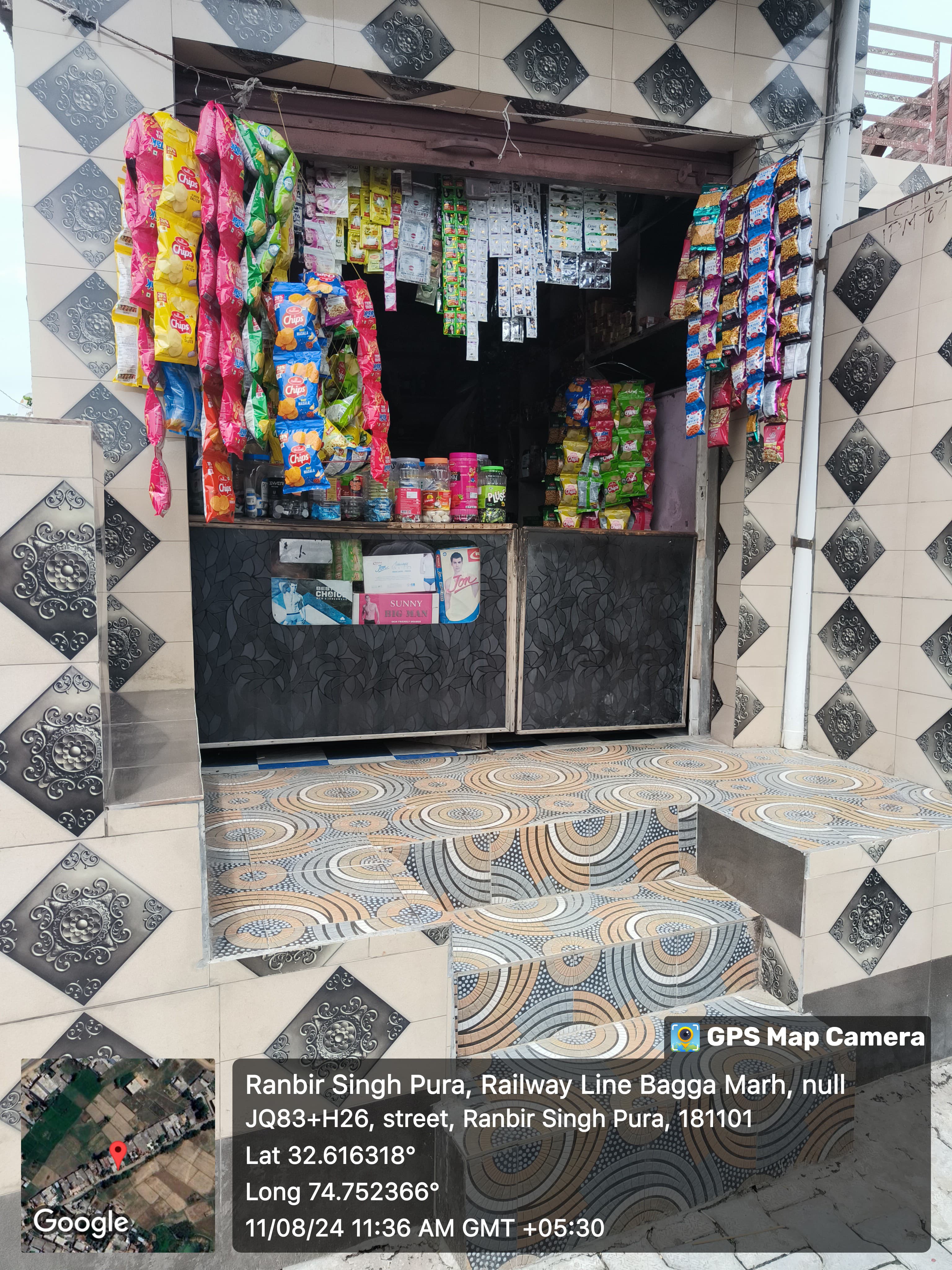
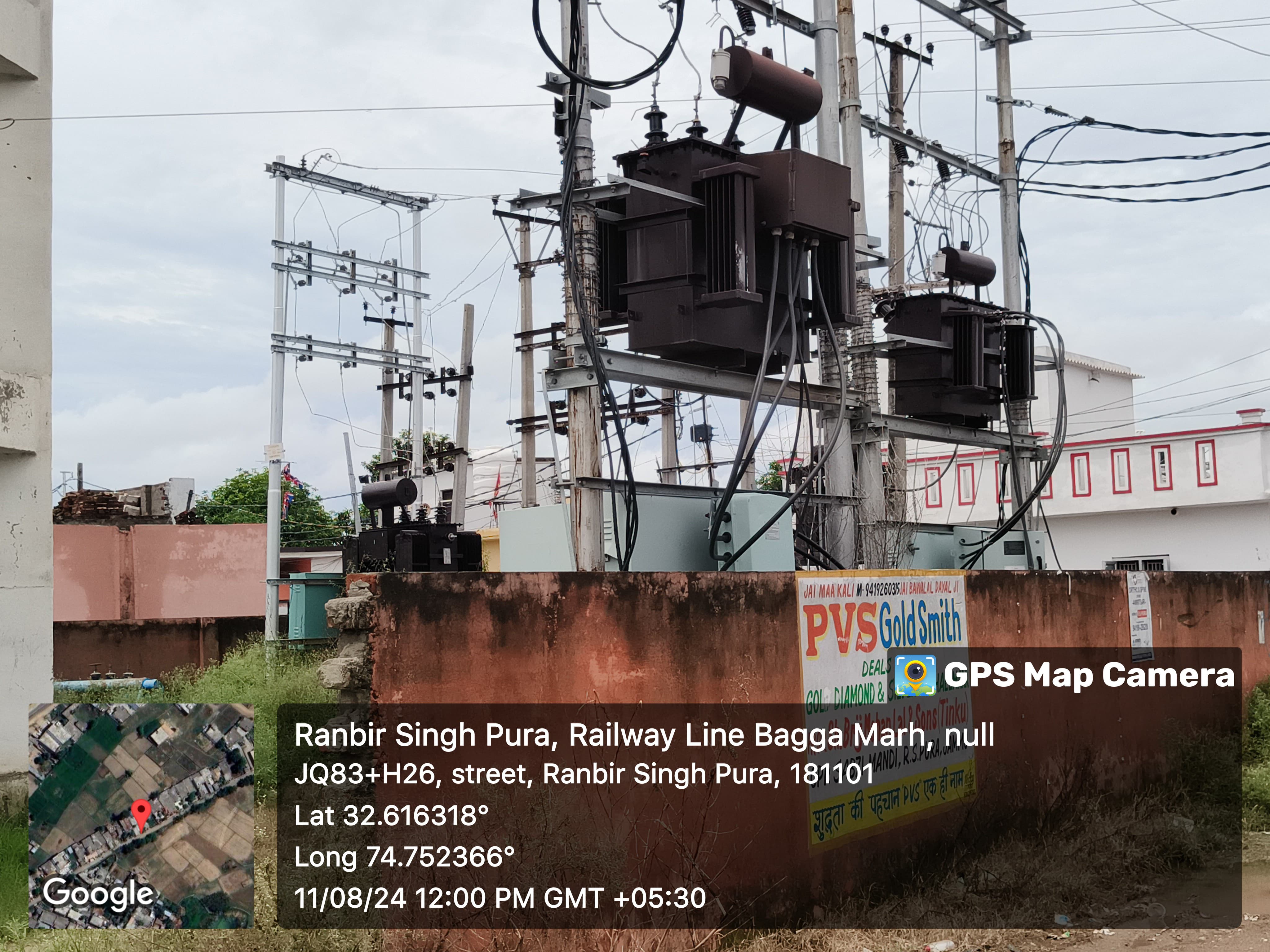

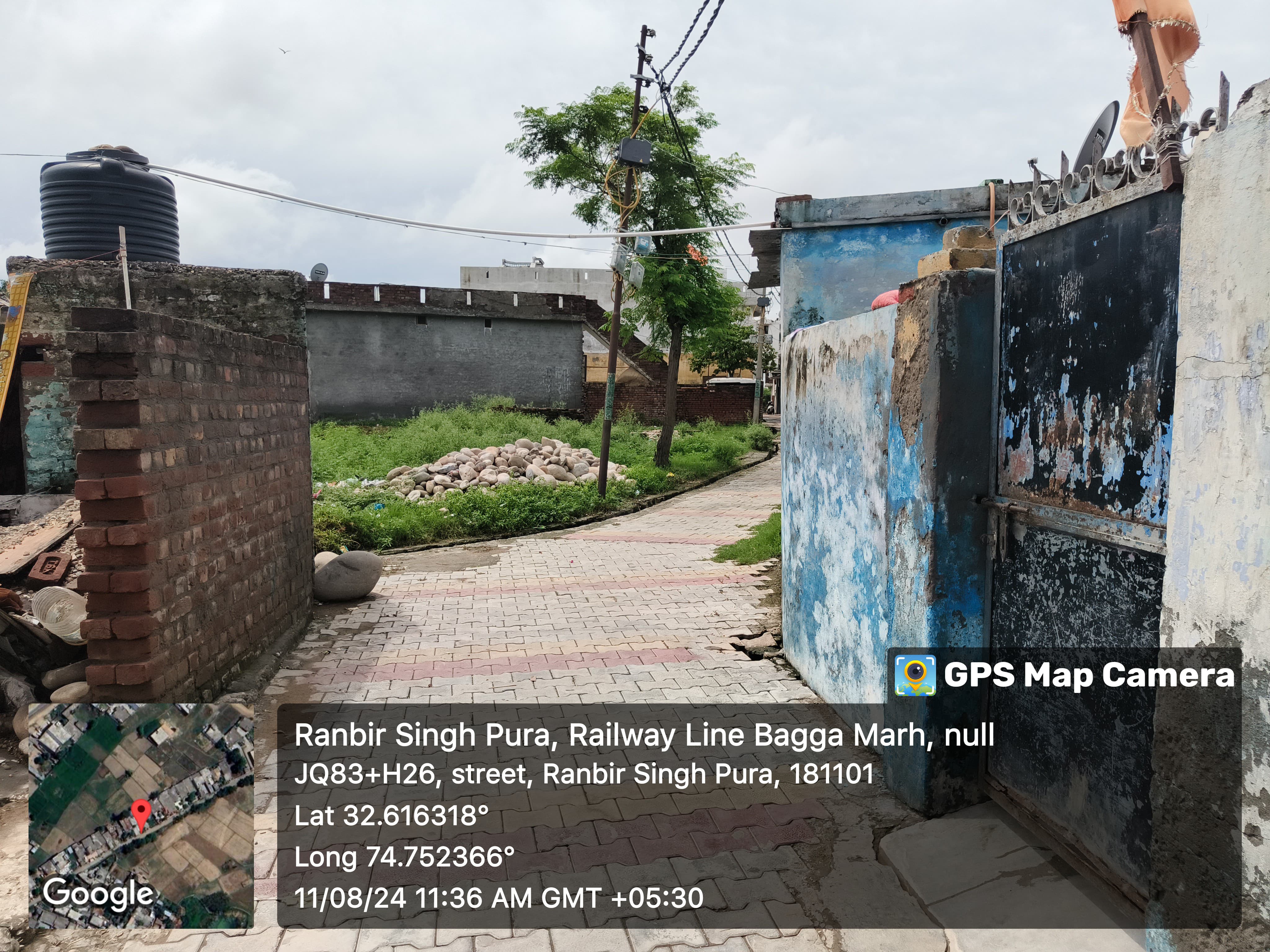
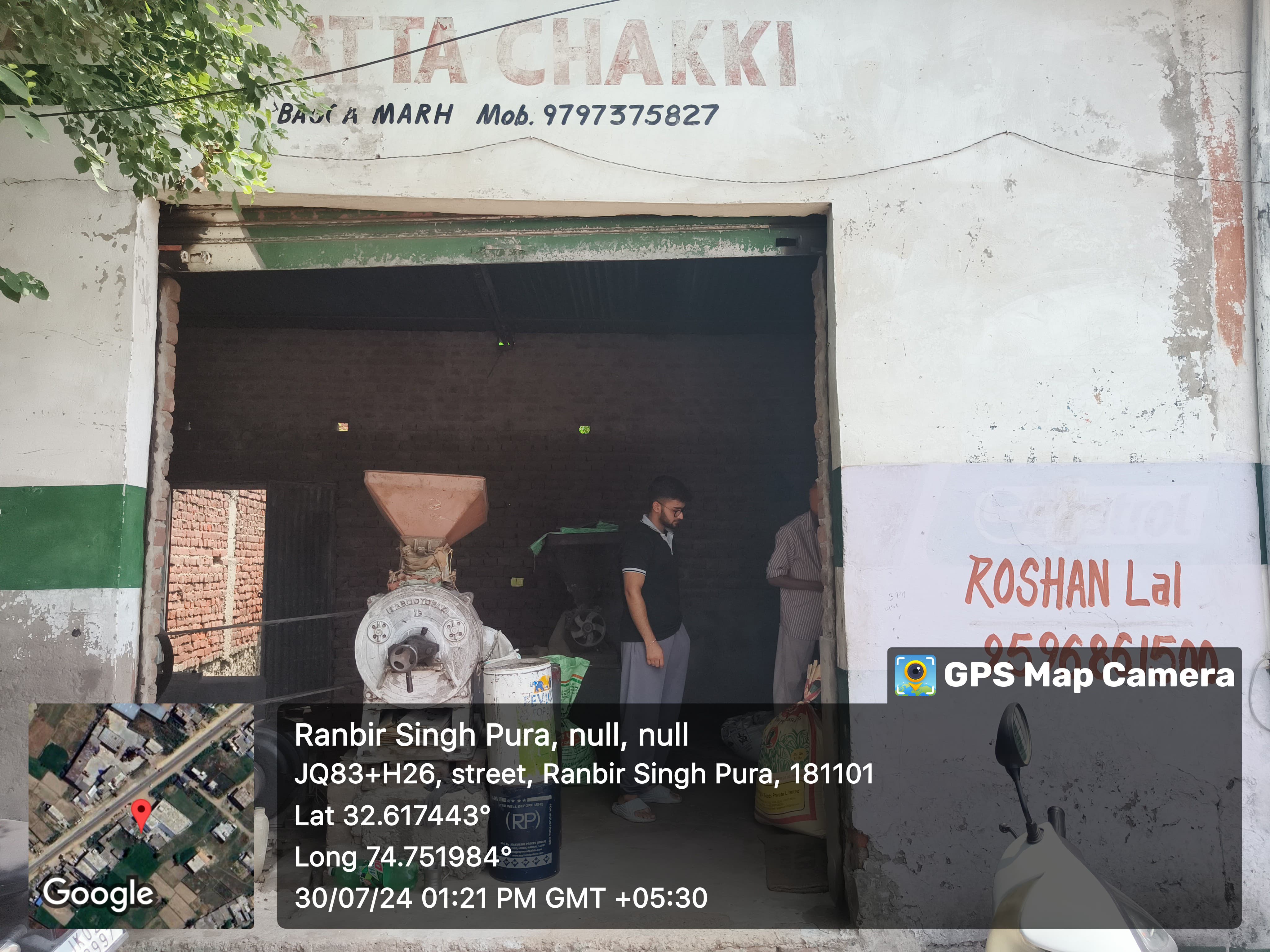
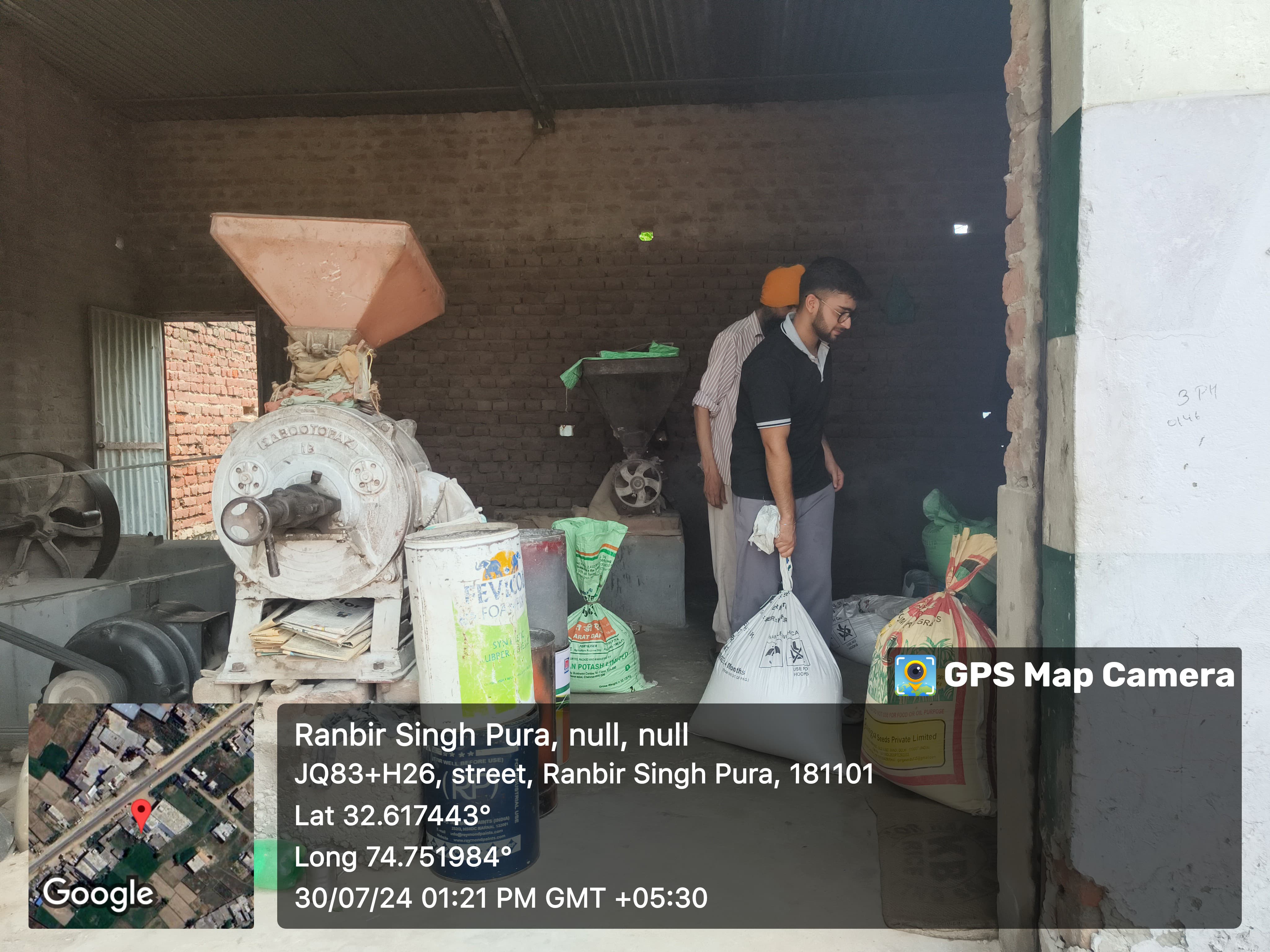

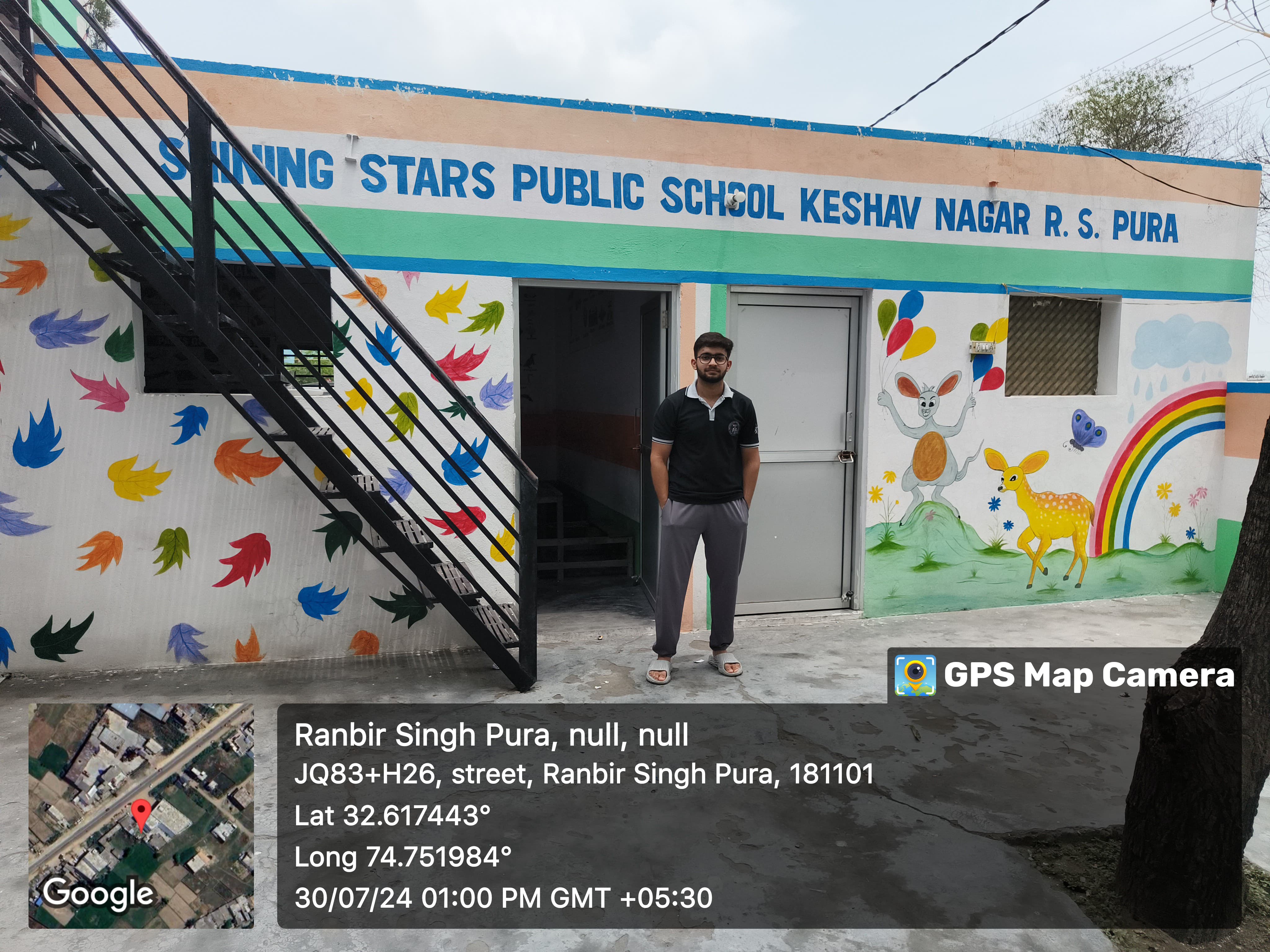
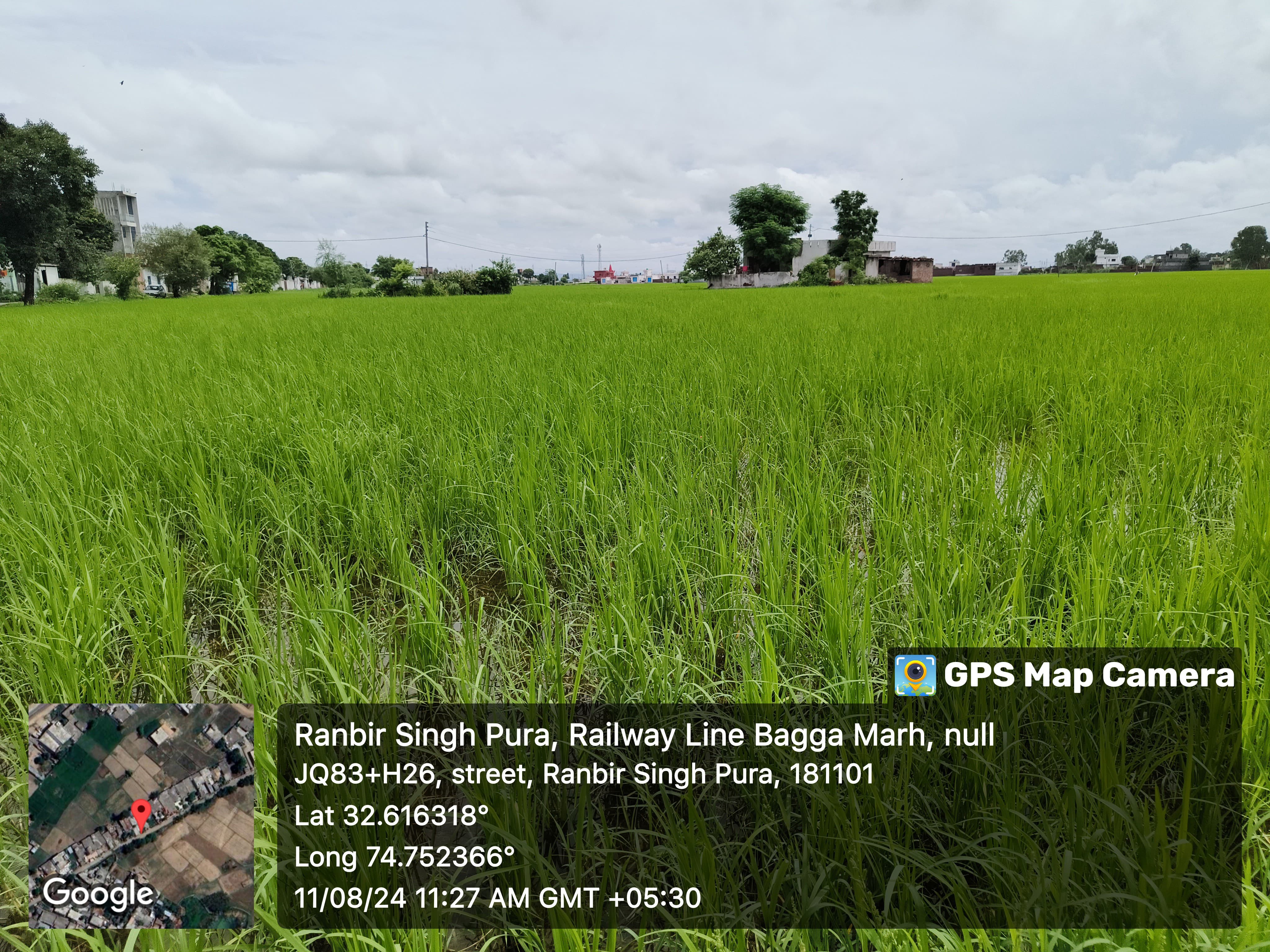
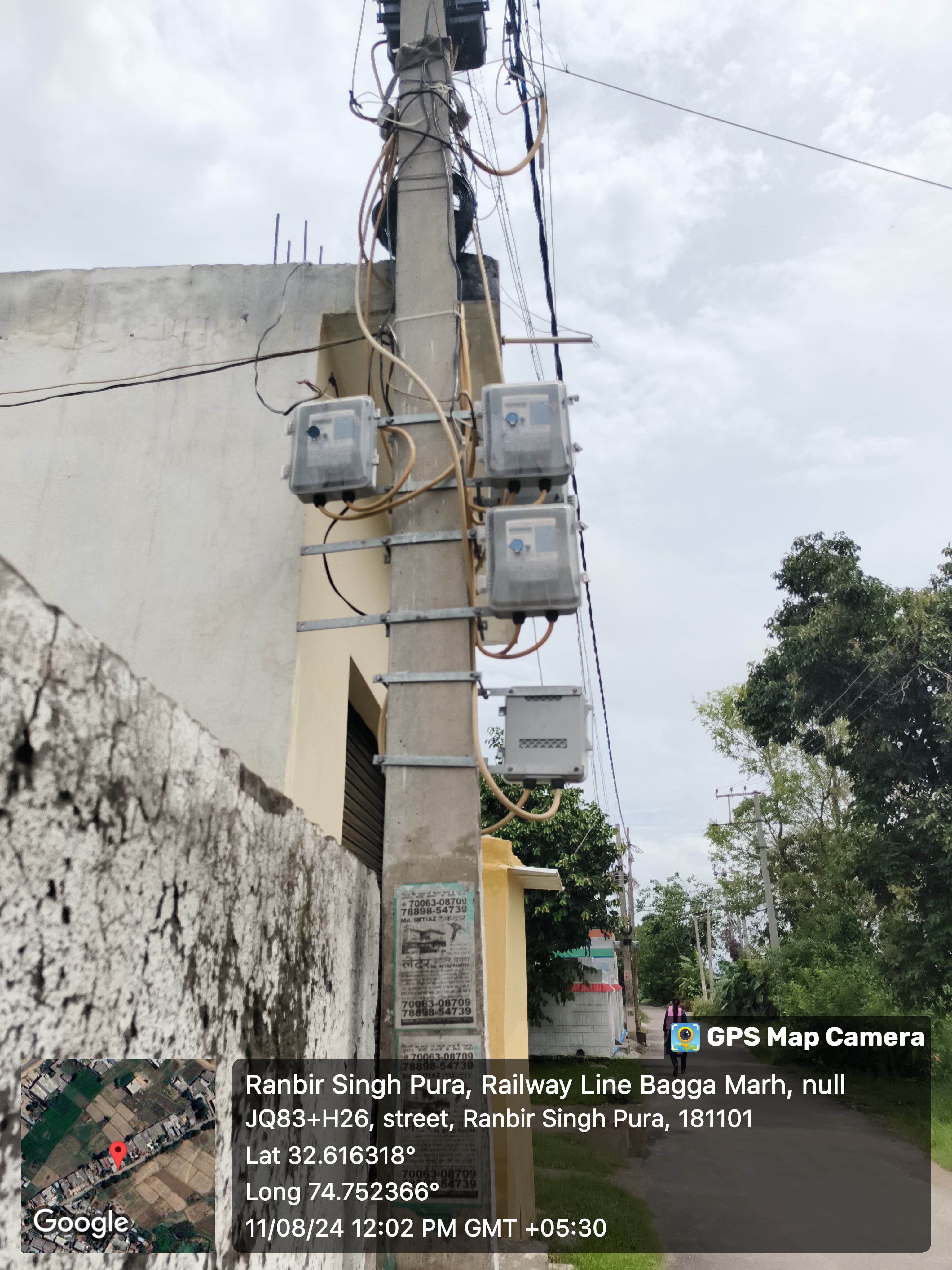
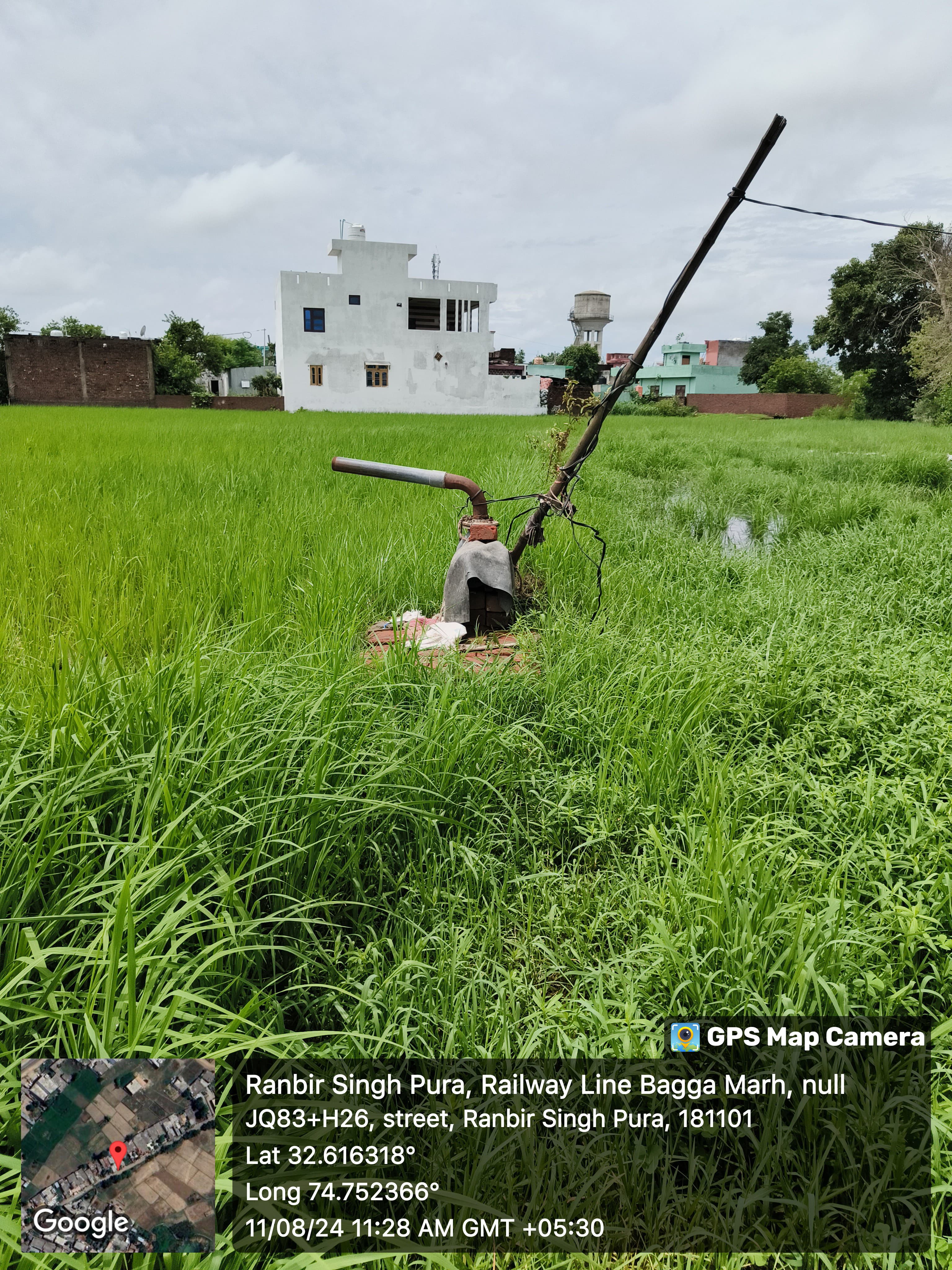
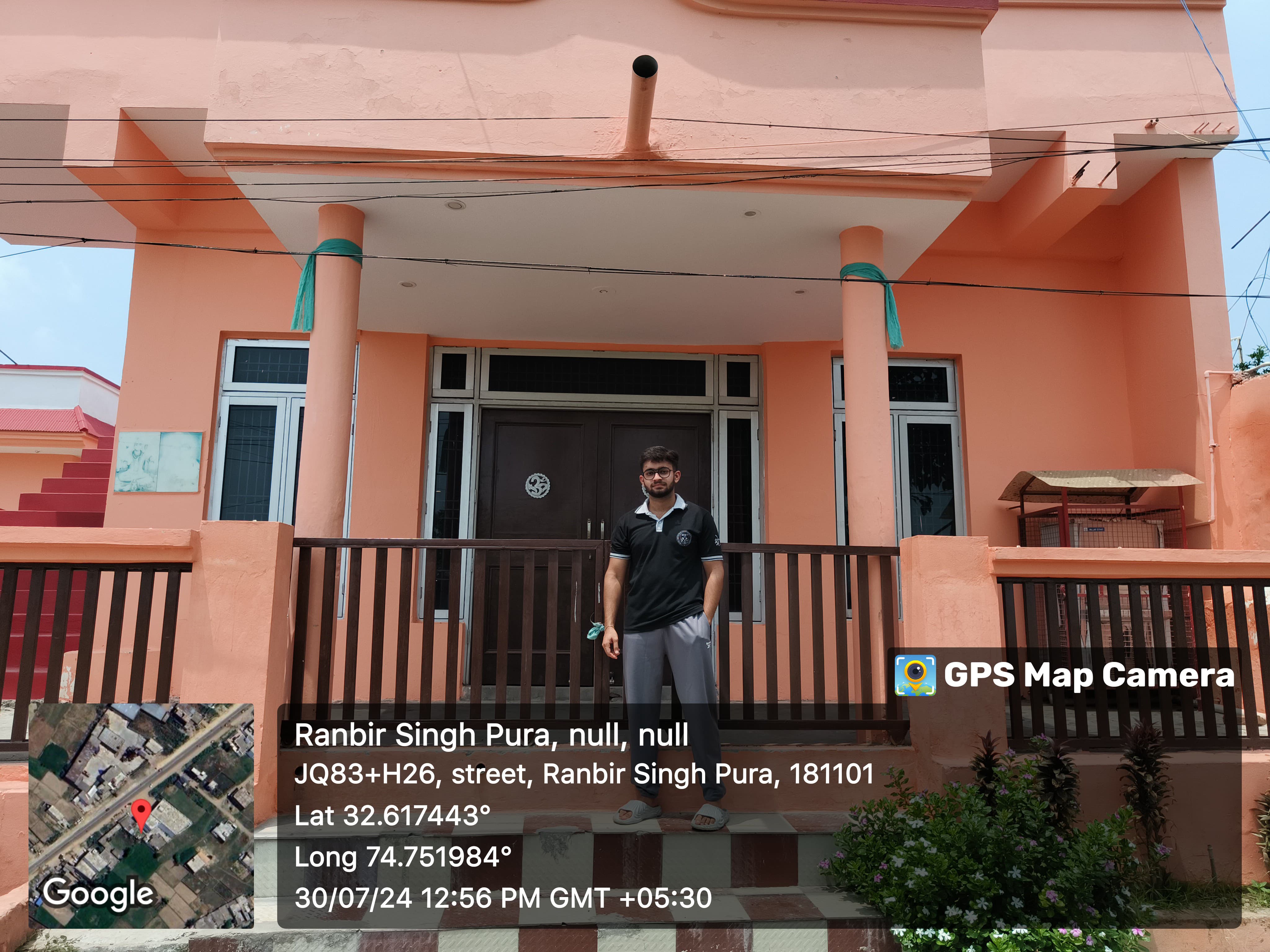
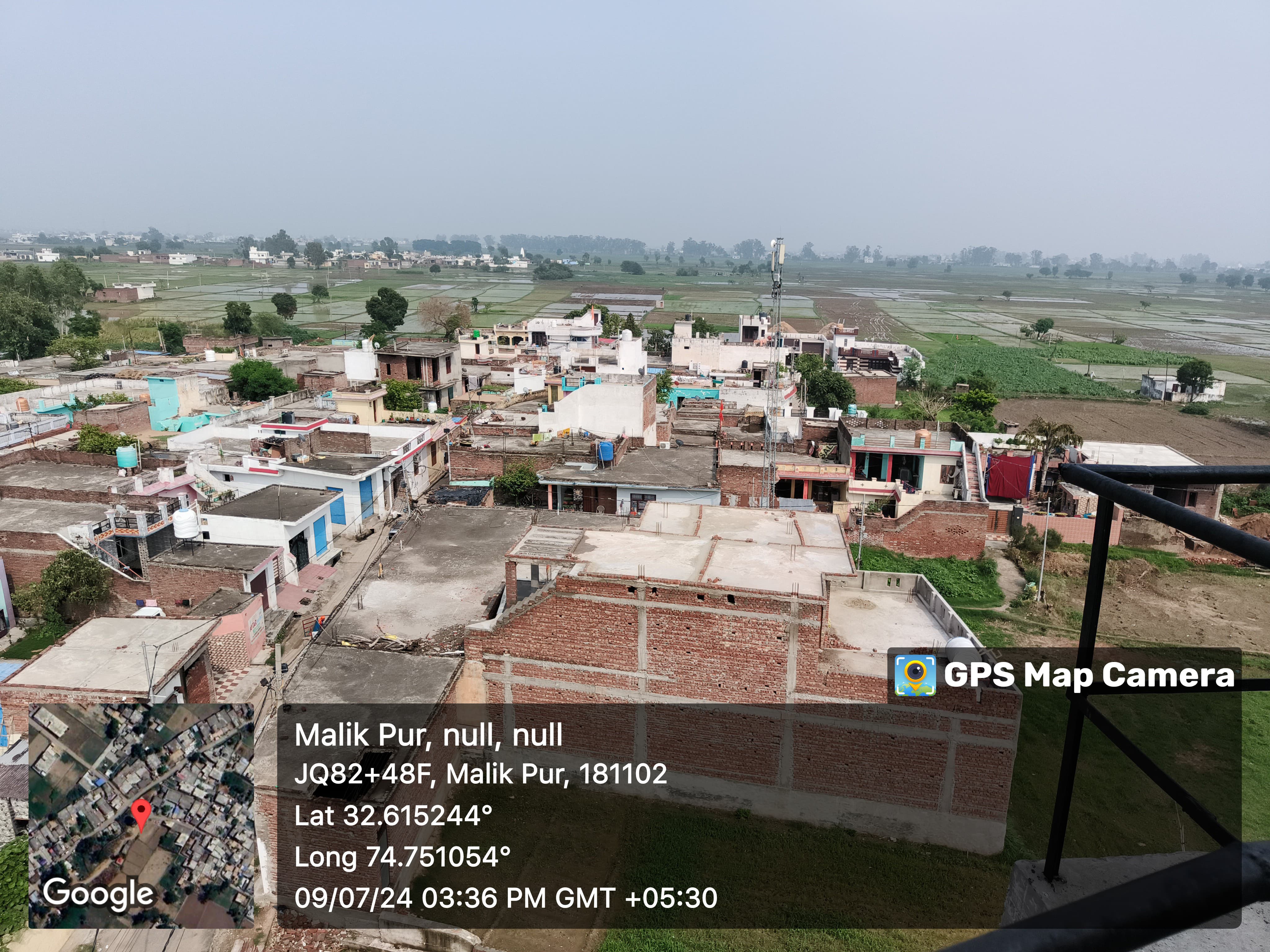
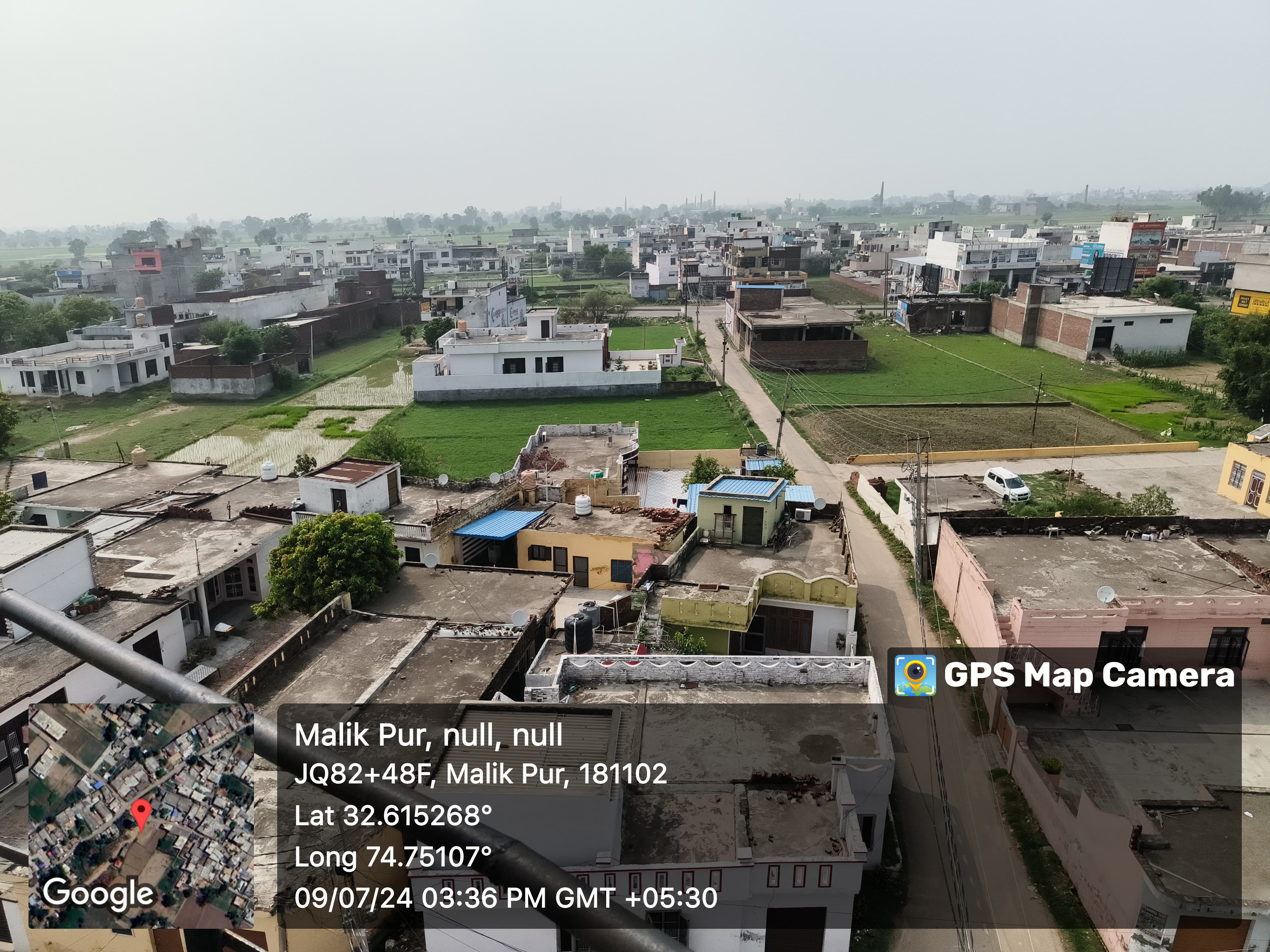
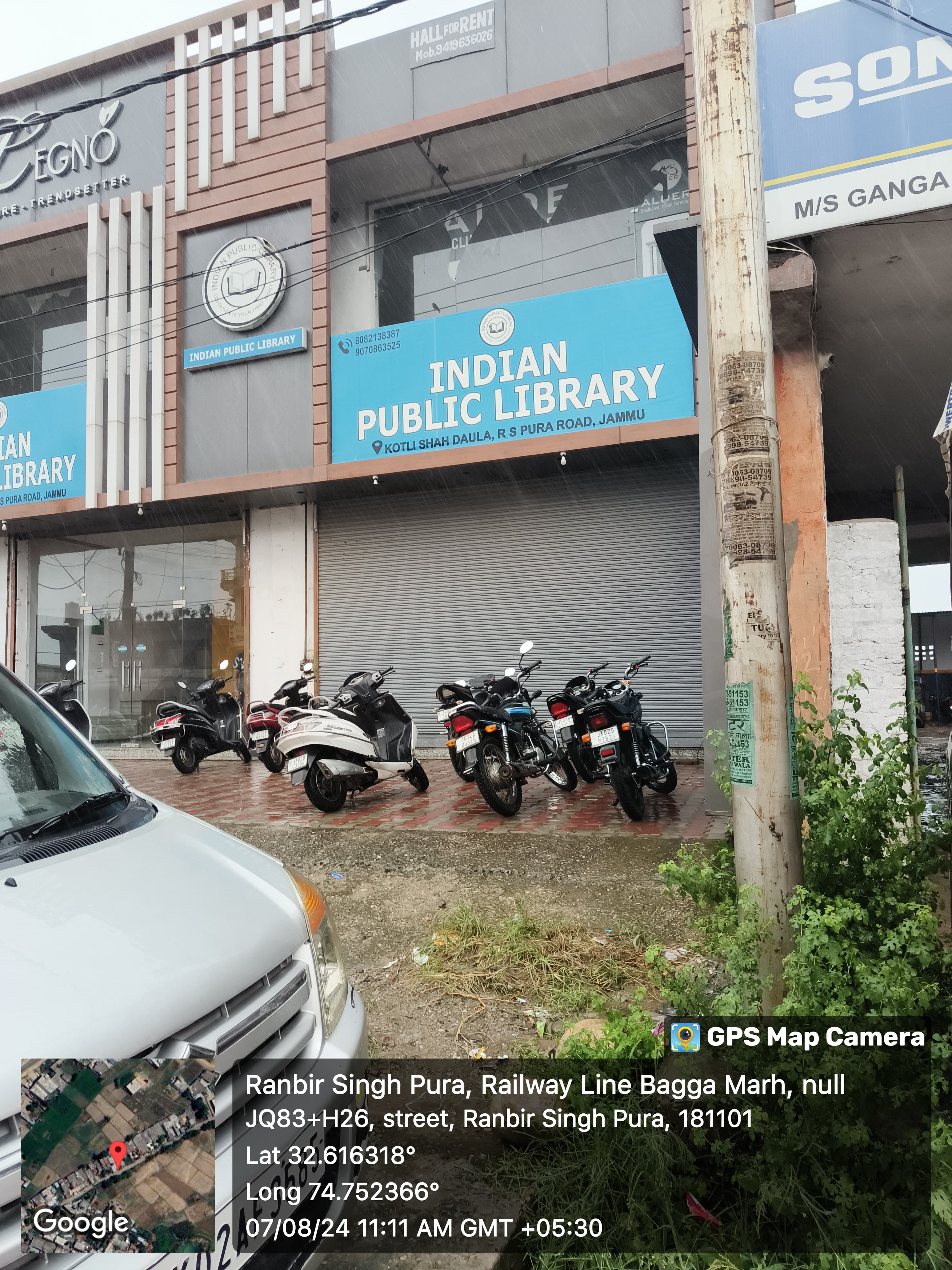
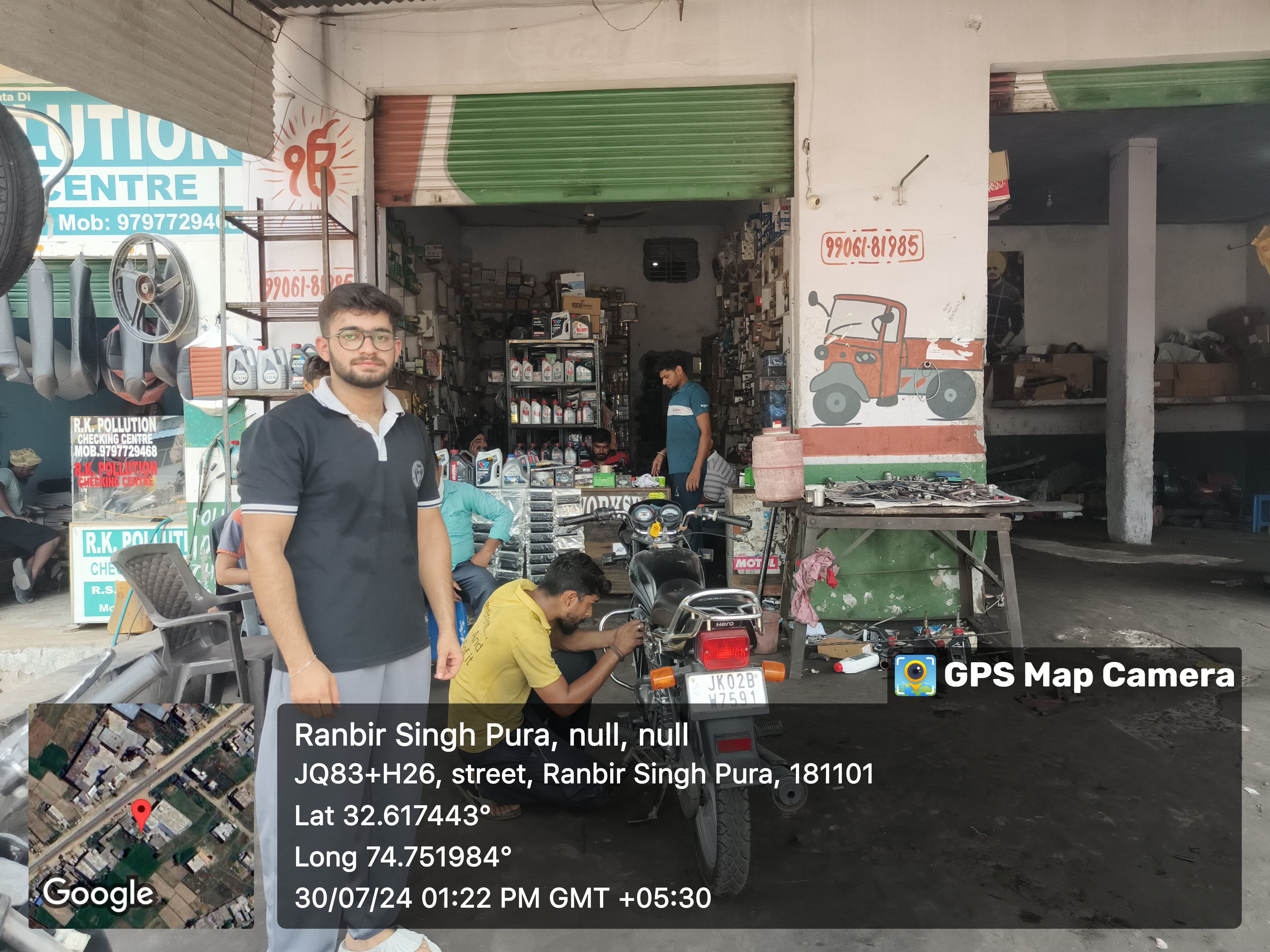
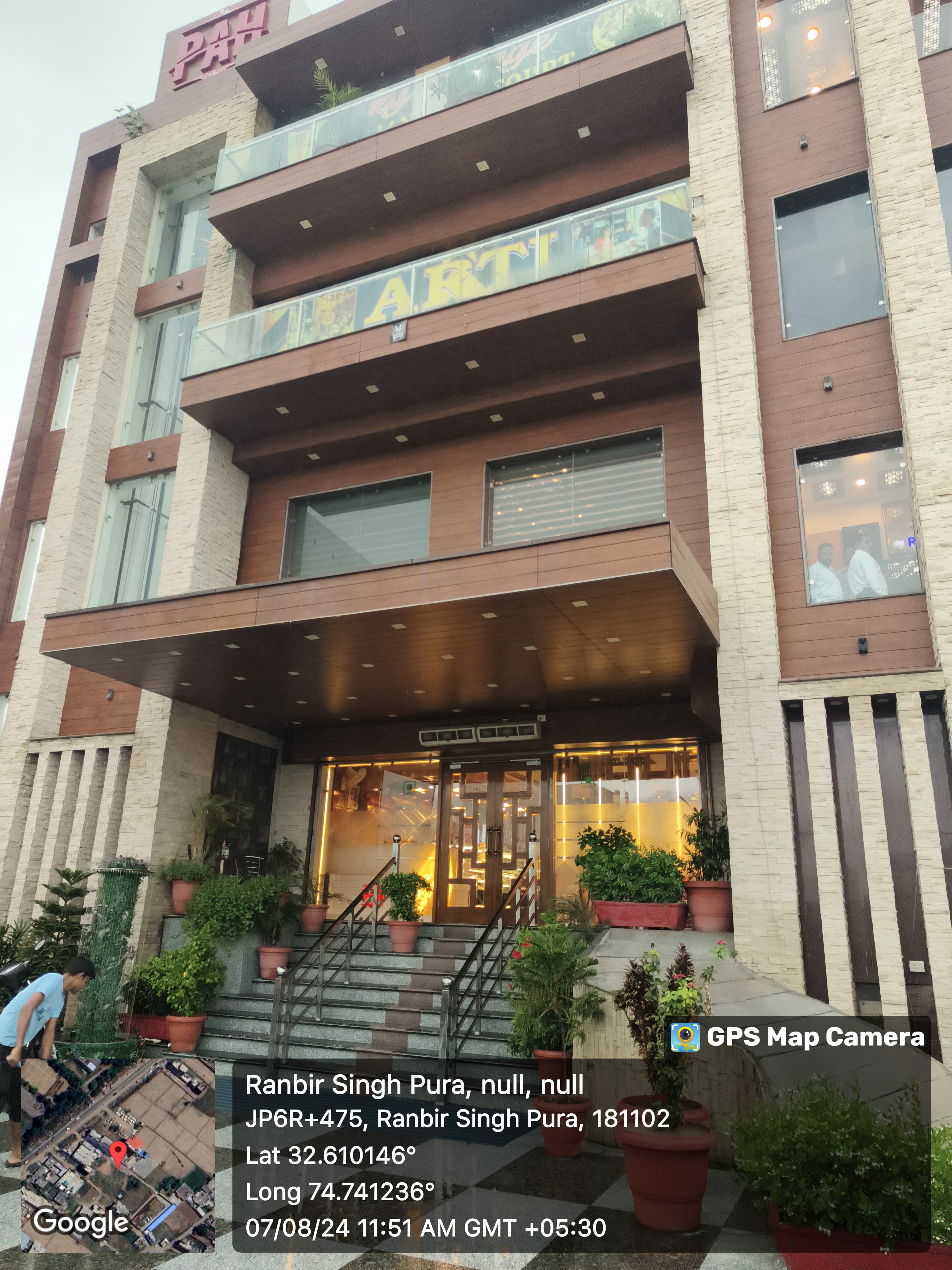

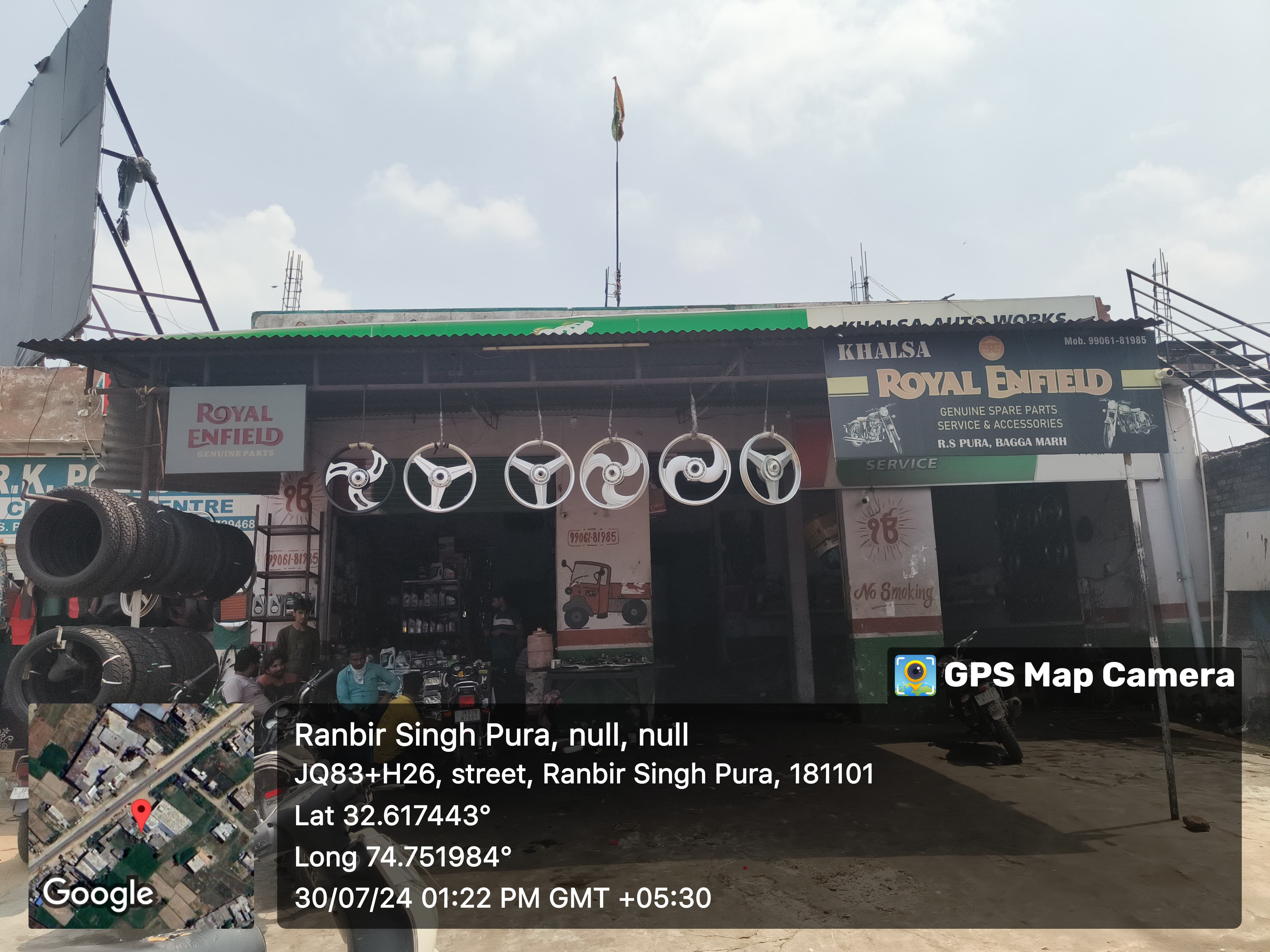
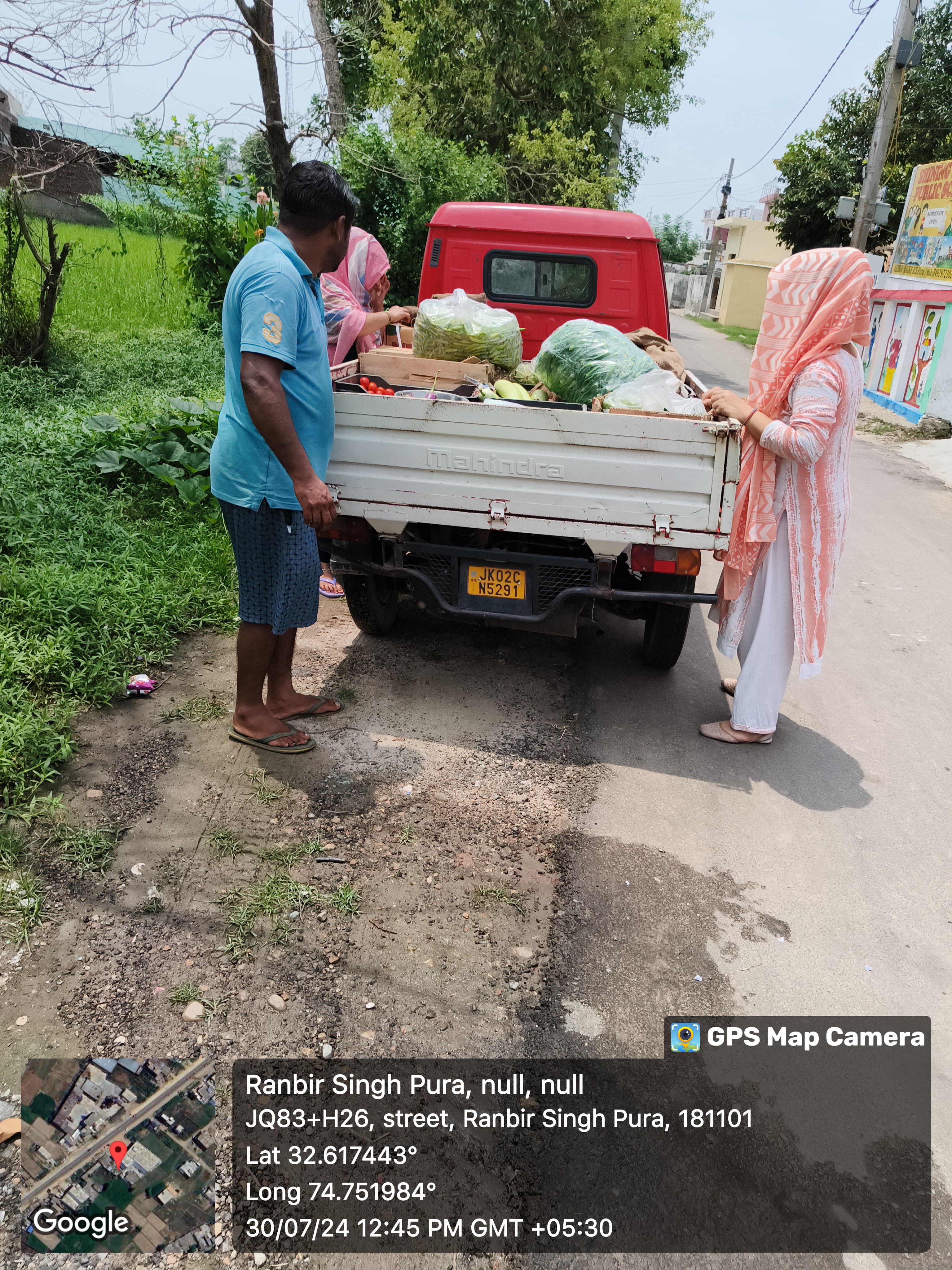
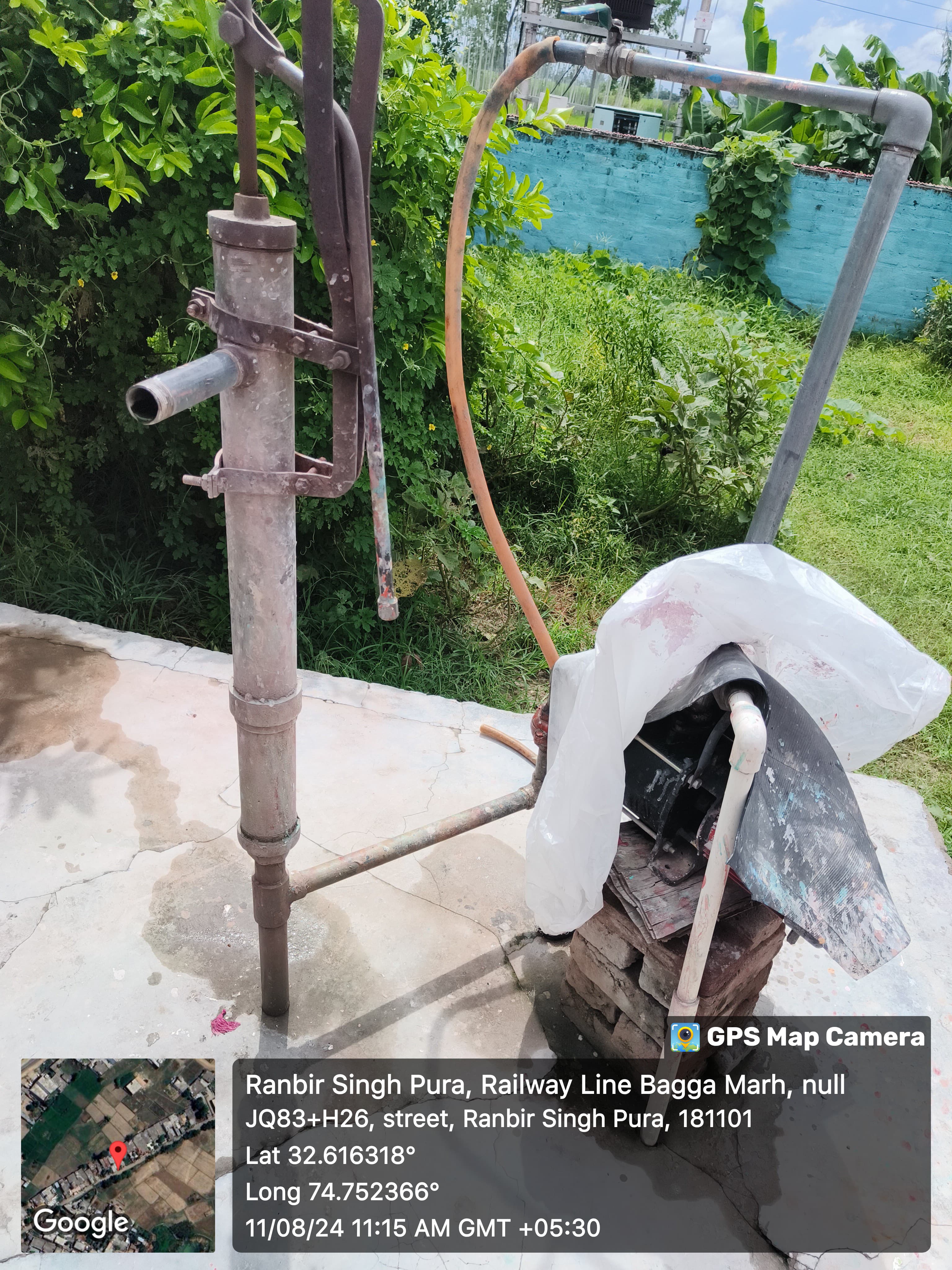
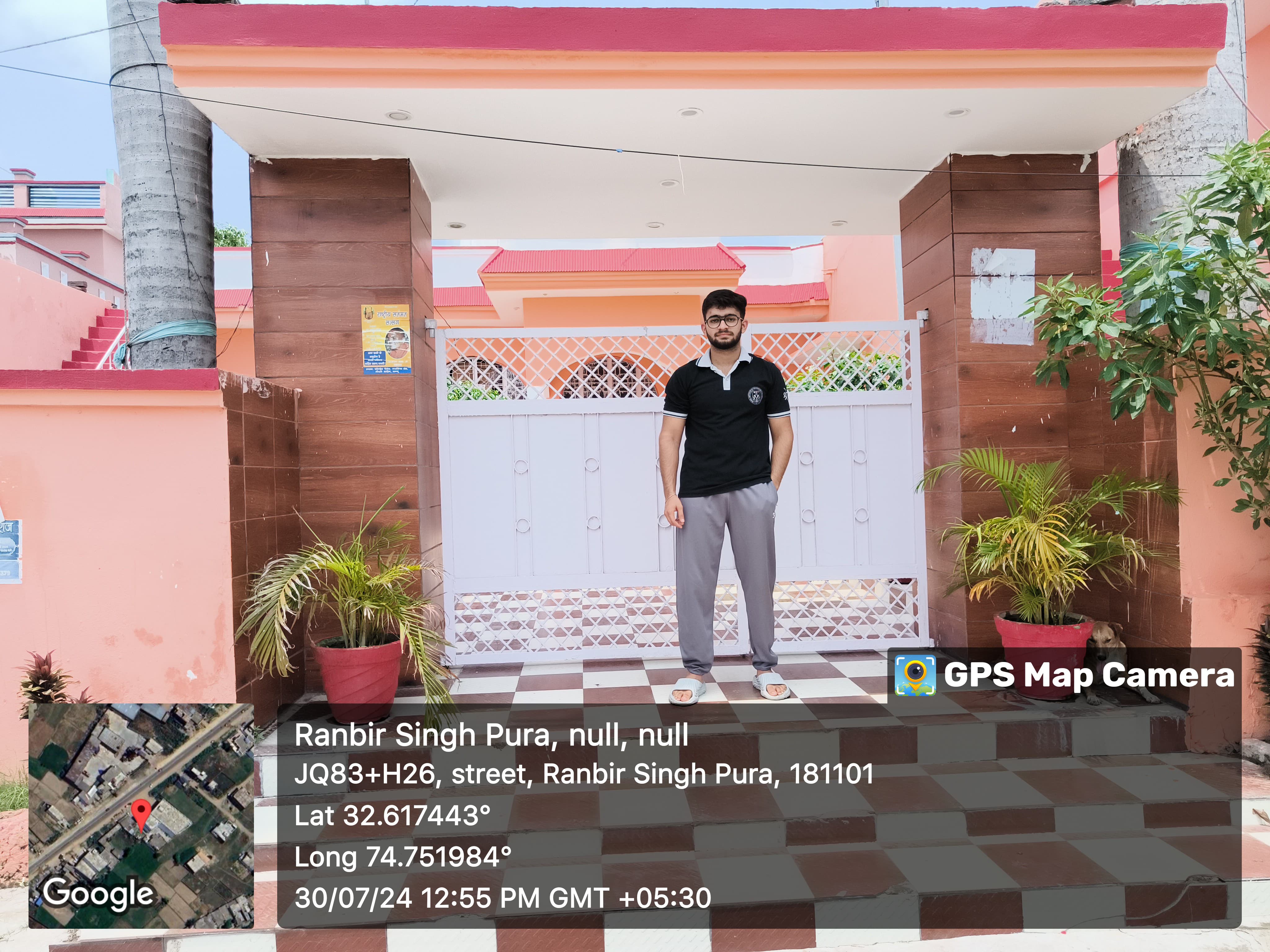
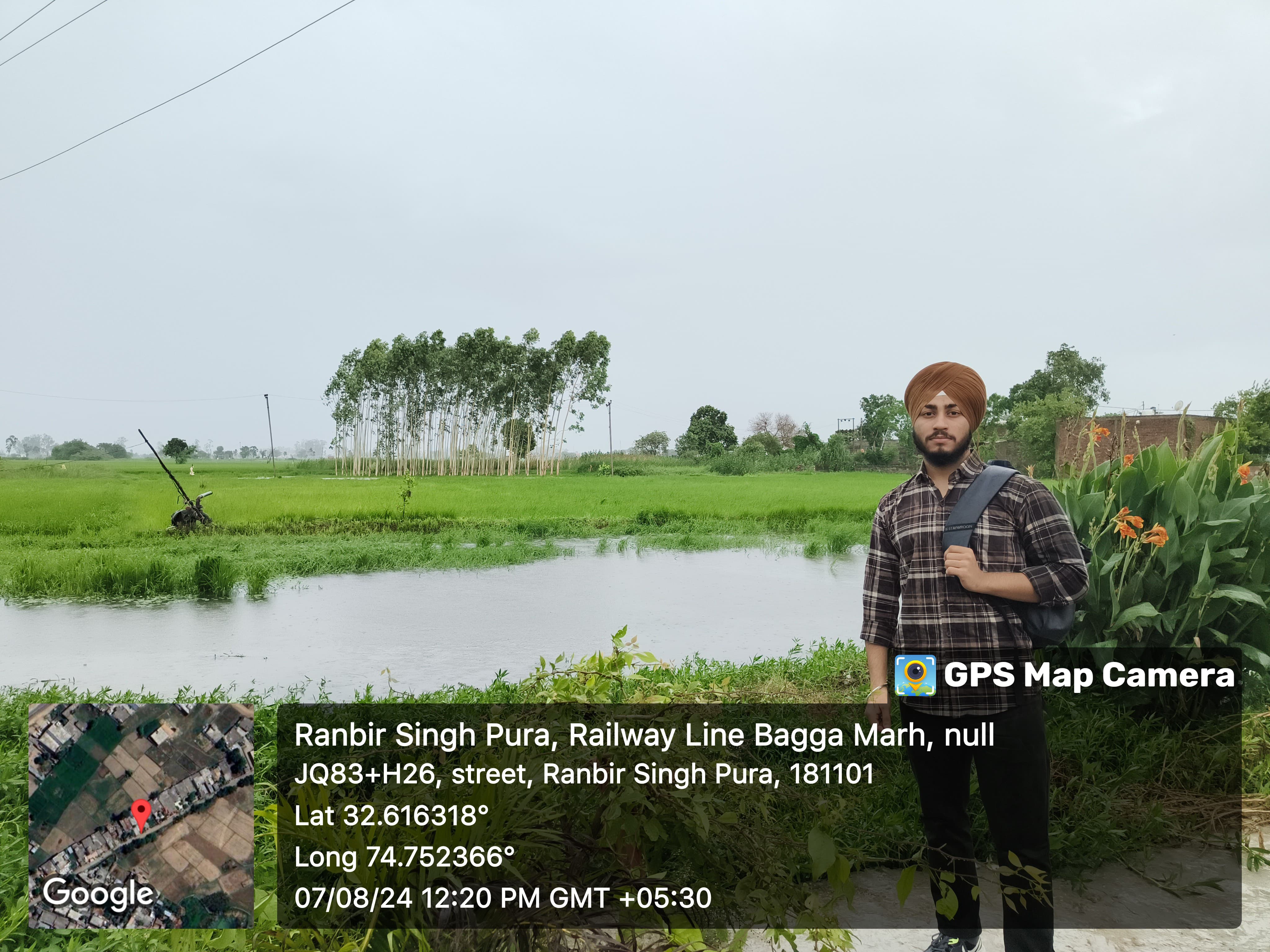
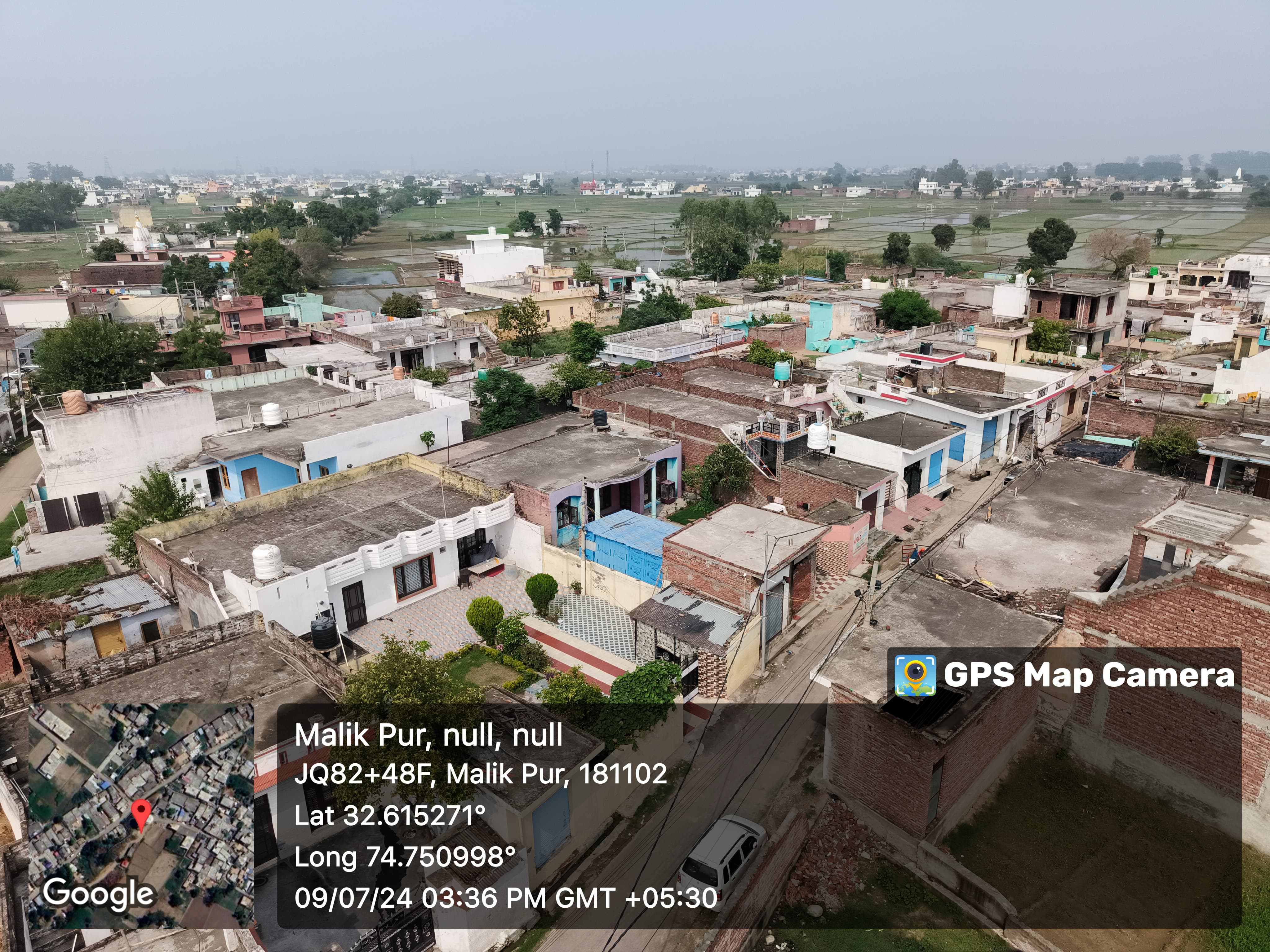
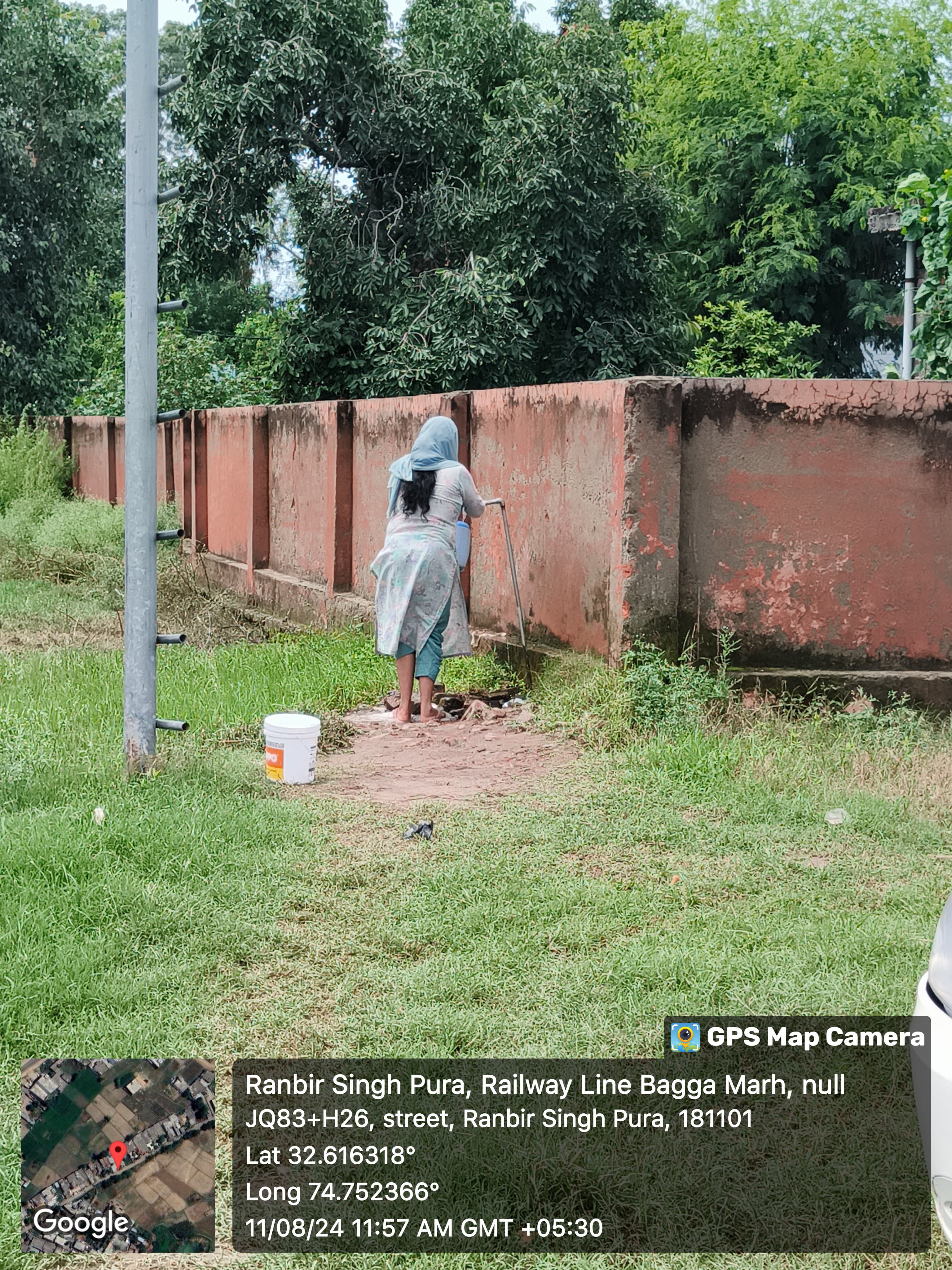
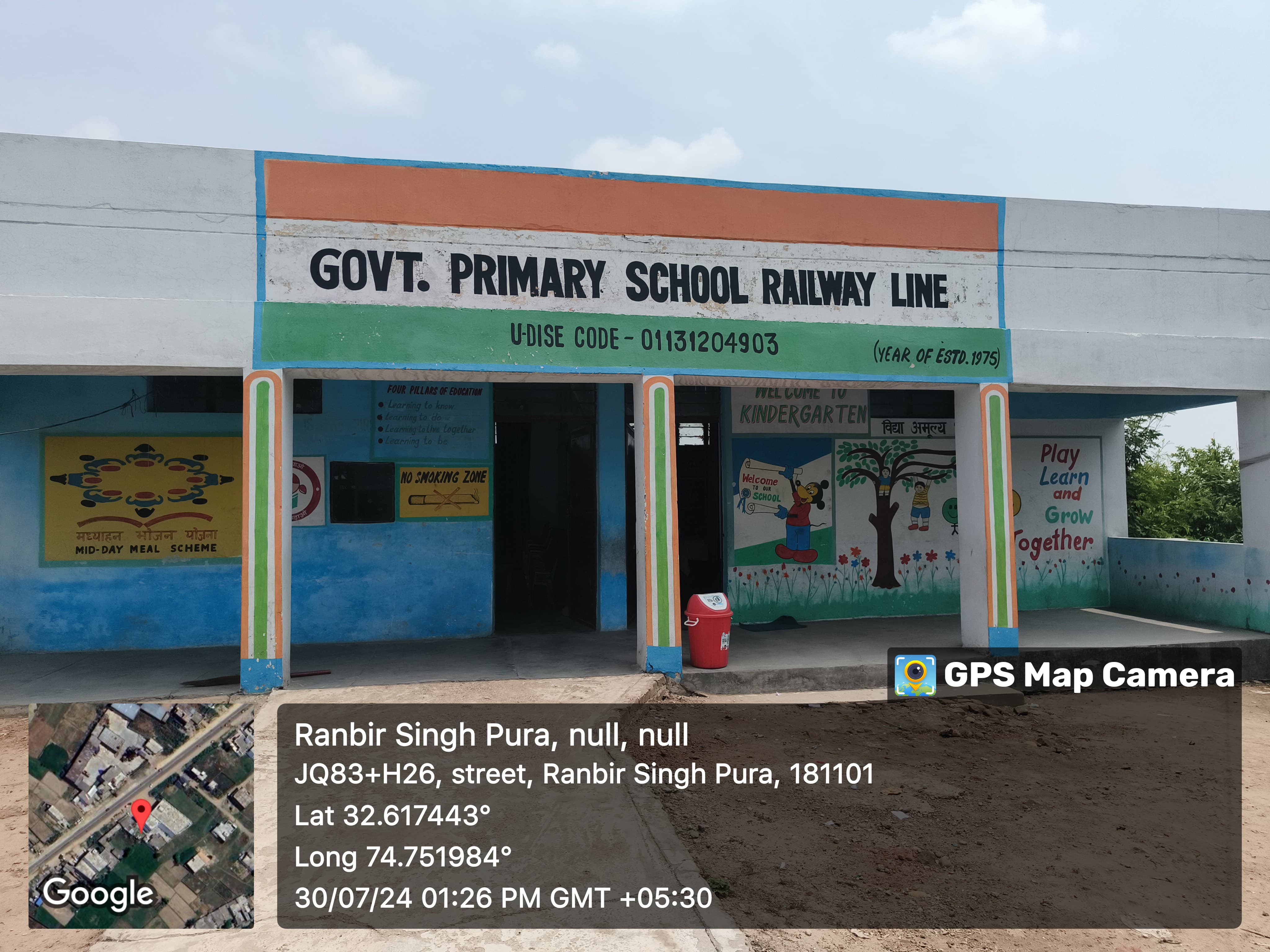
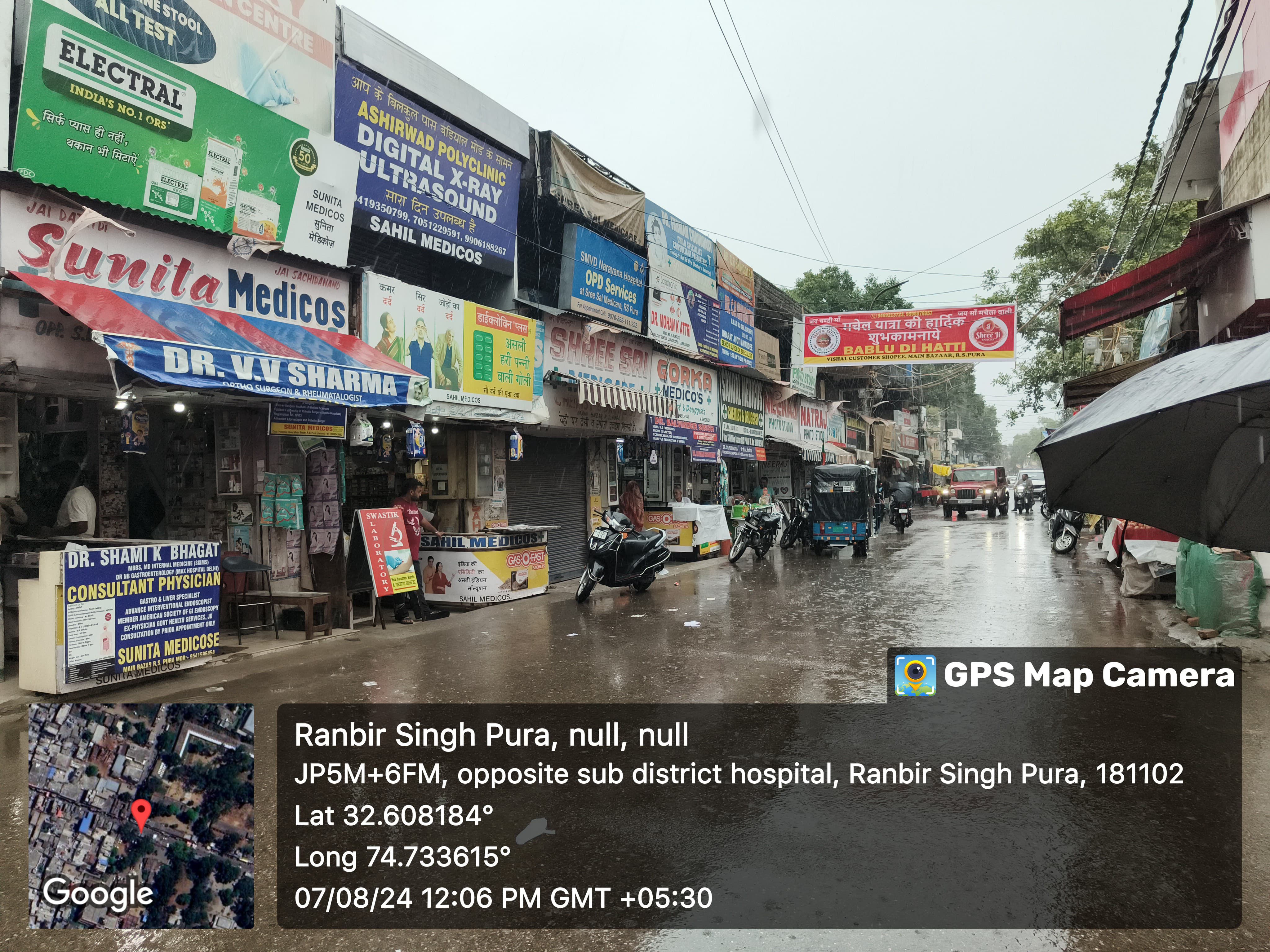

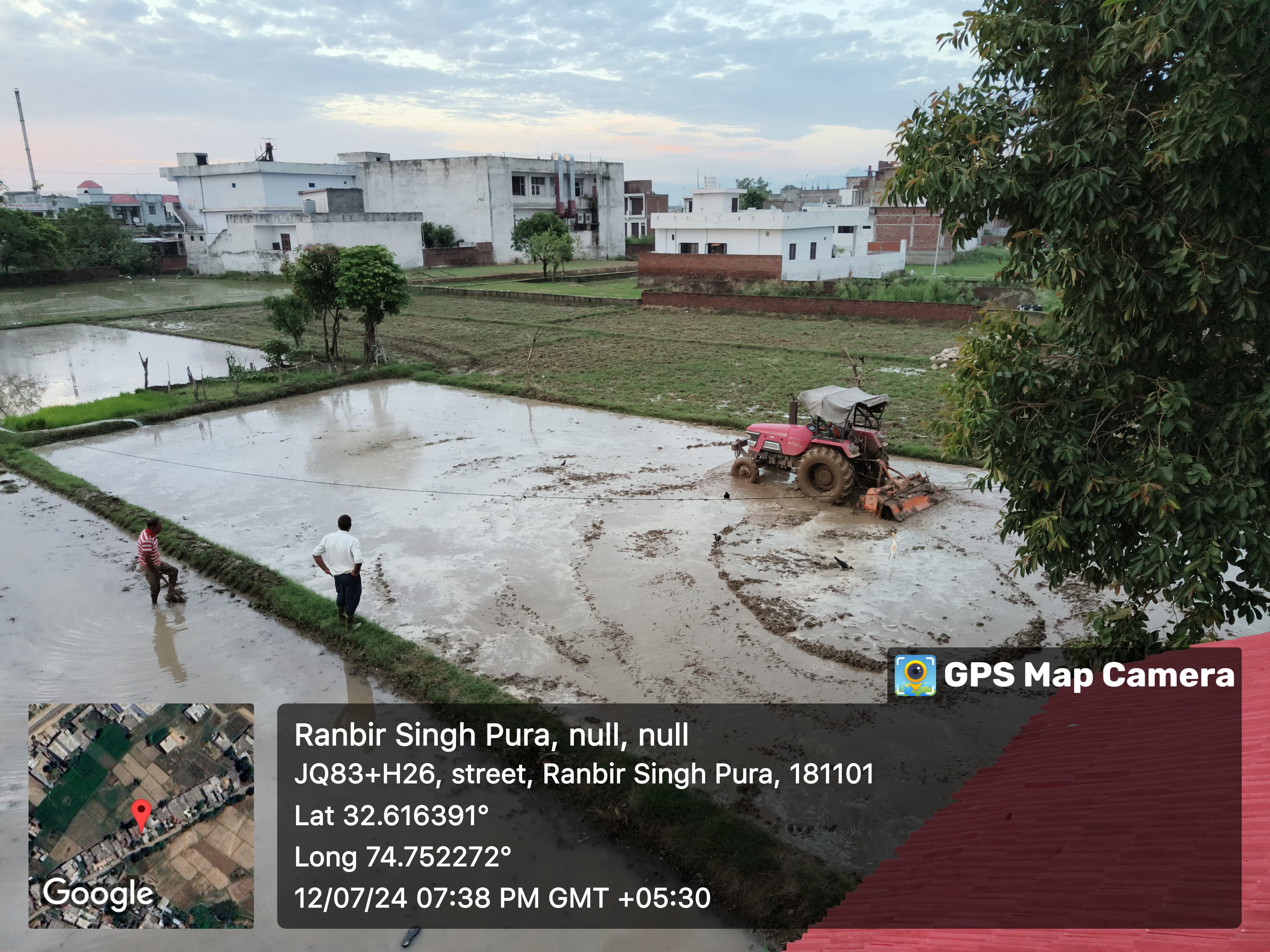
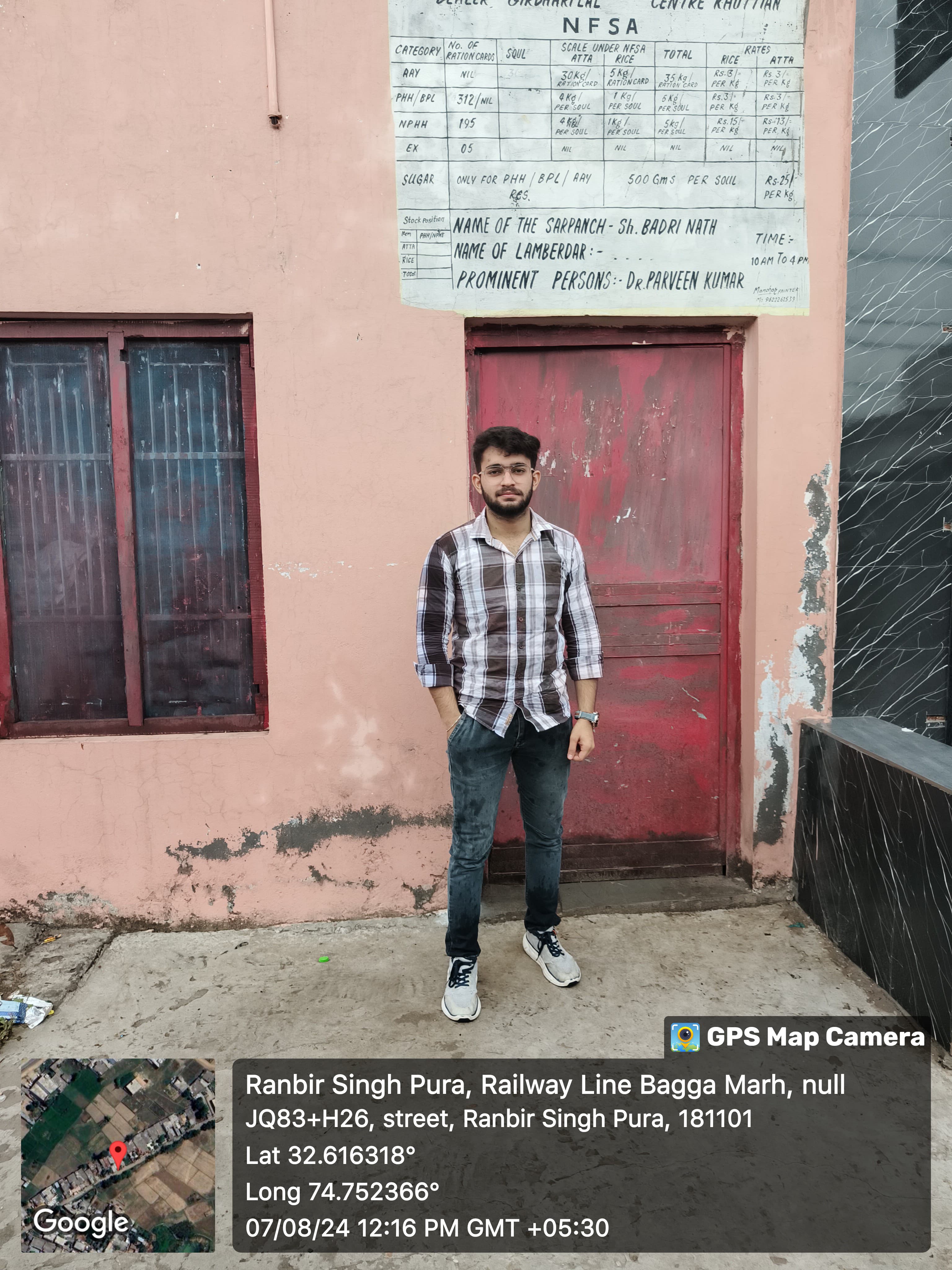
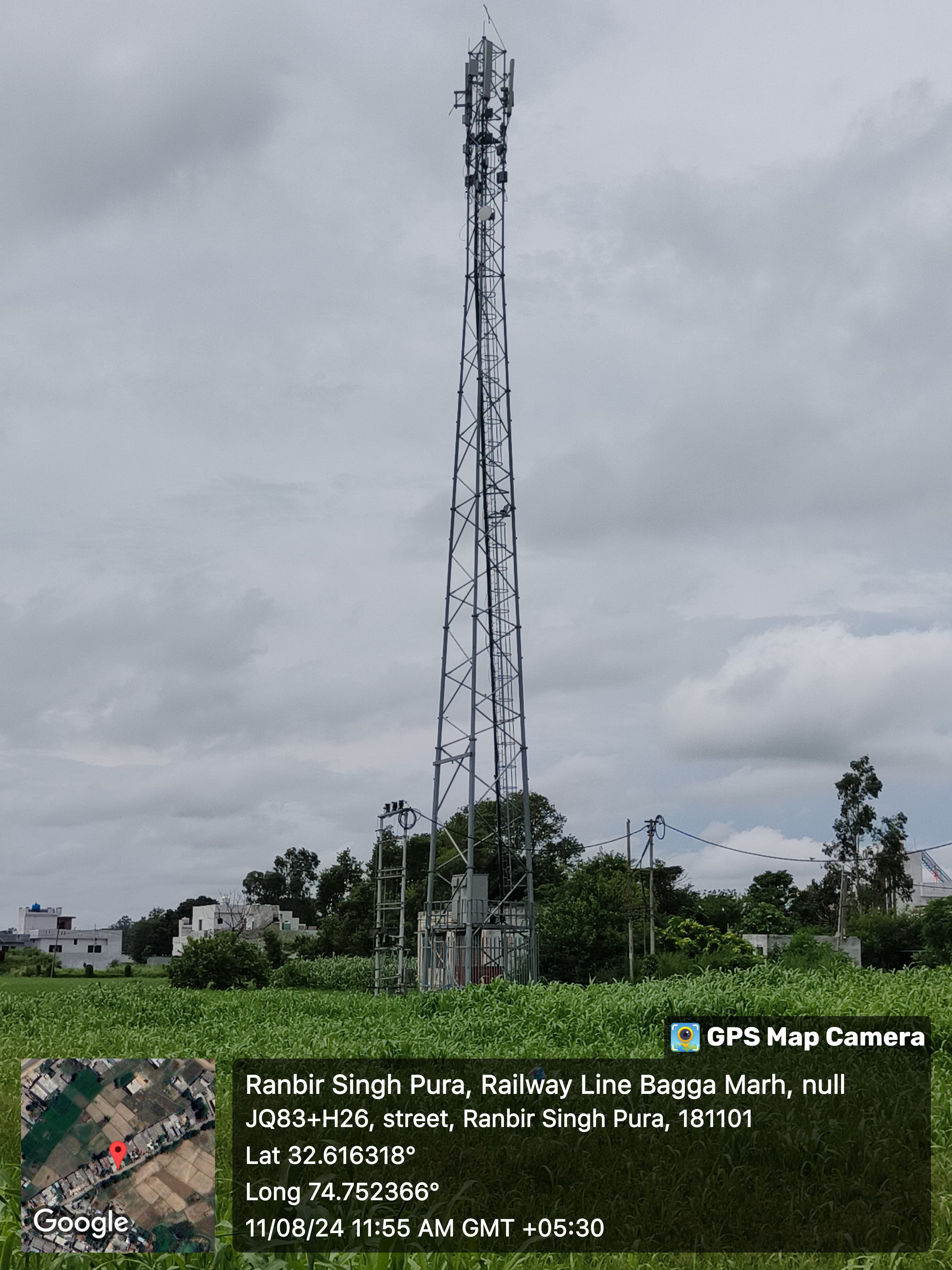
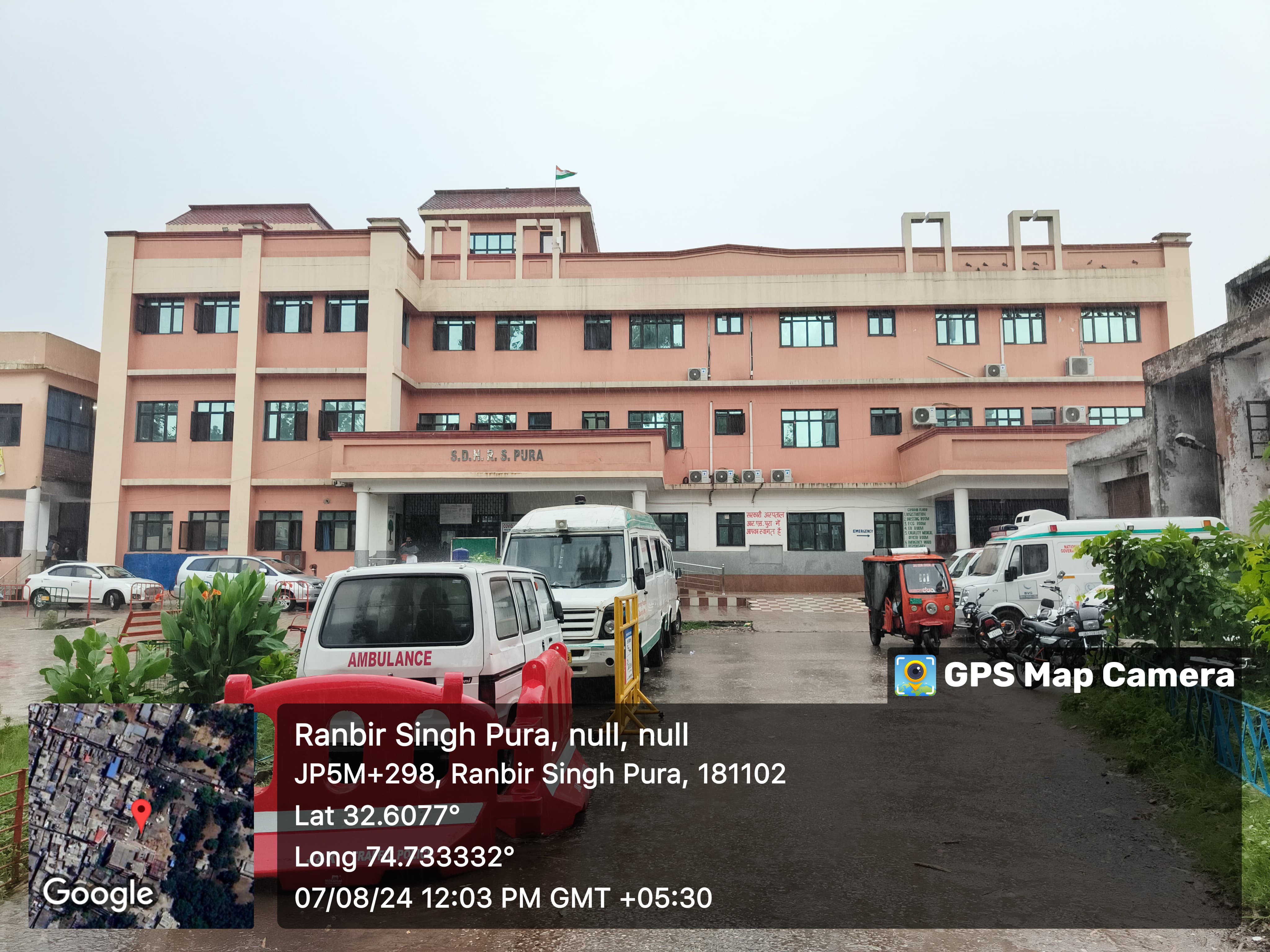
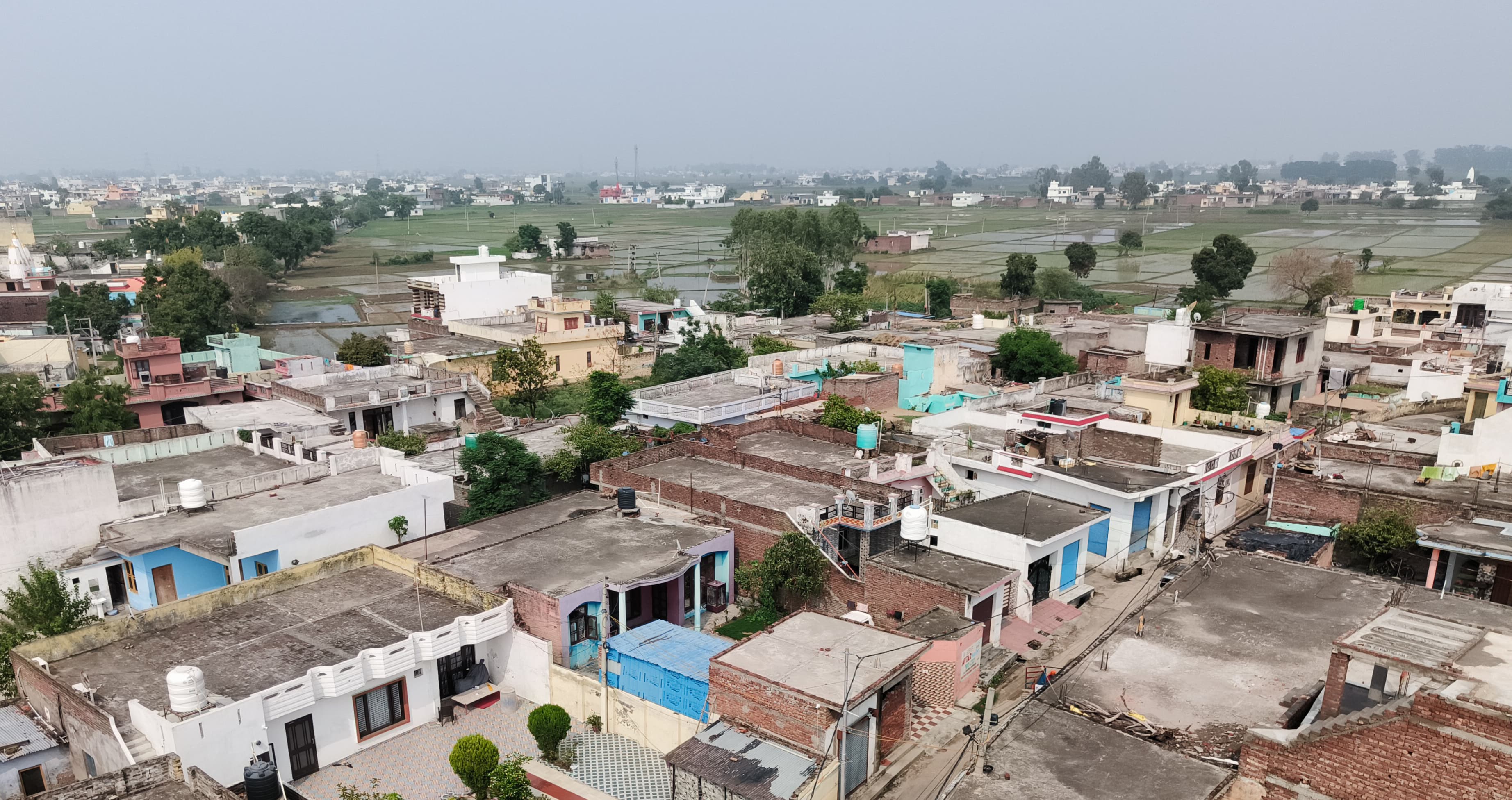




👍 nice